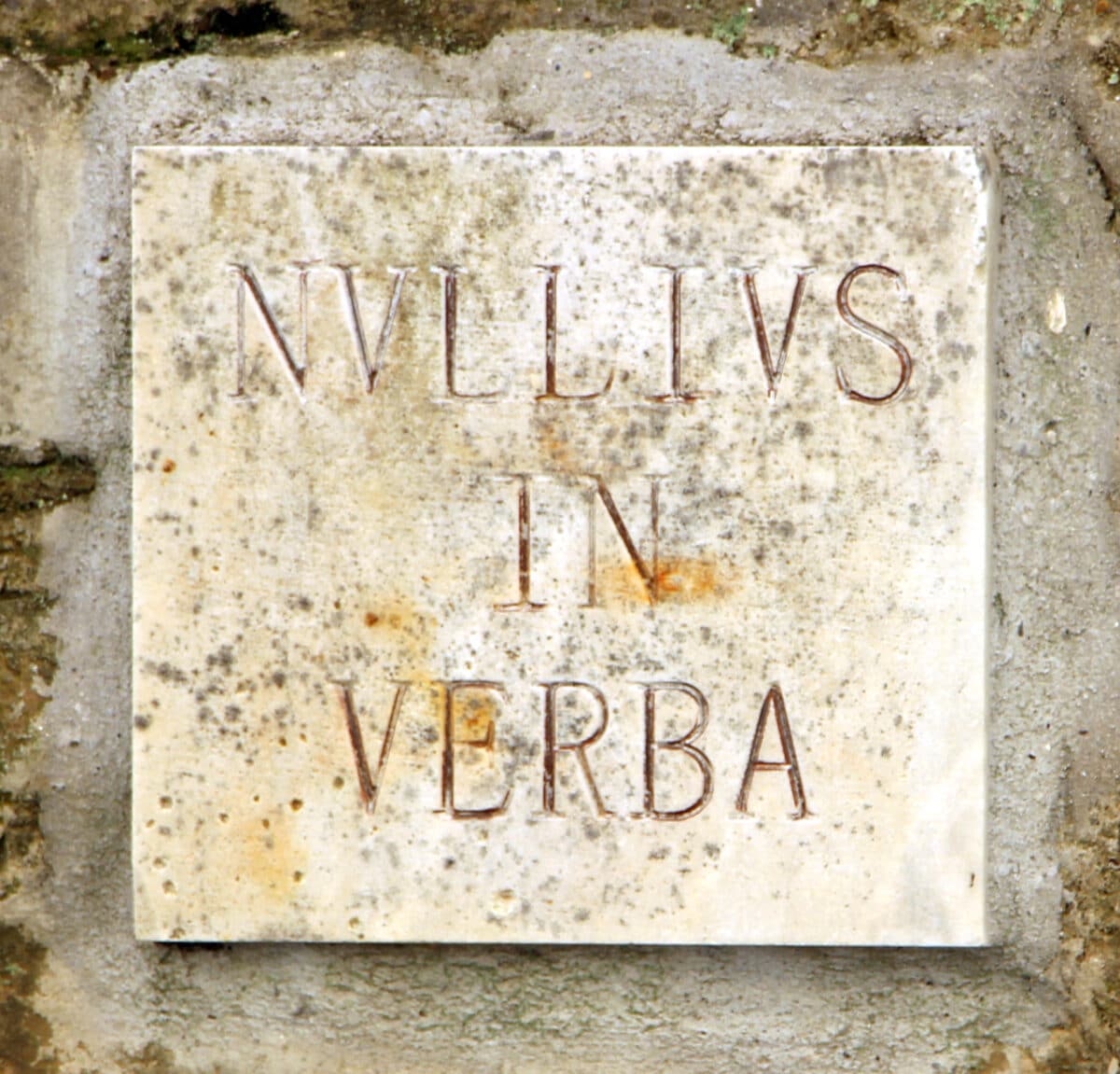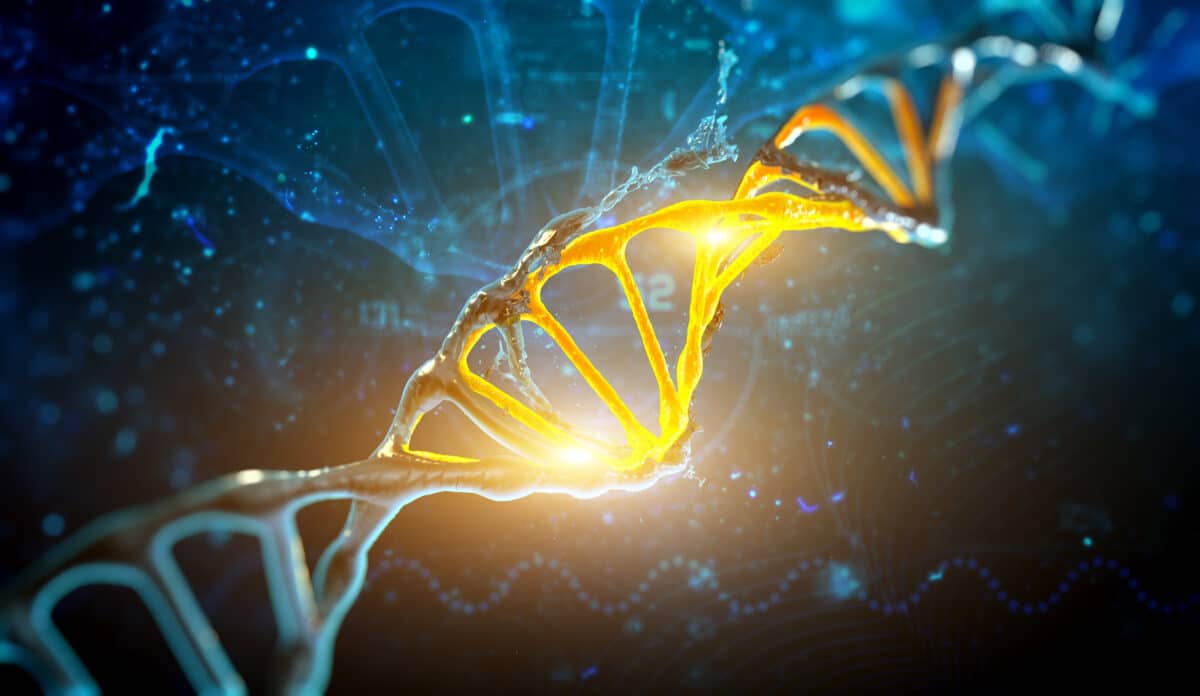
Science and Culture Today
Discovering Design in Nature
Today

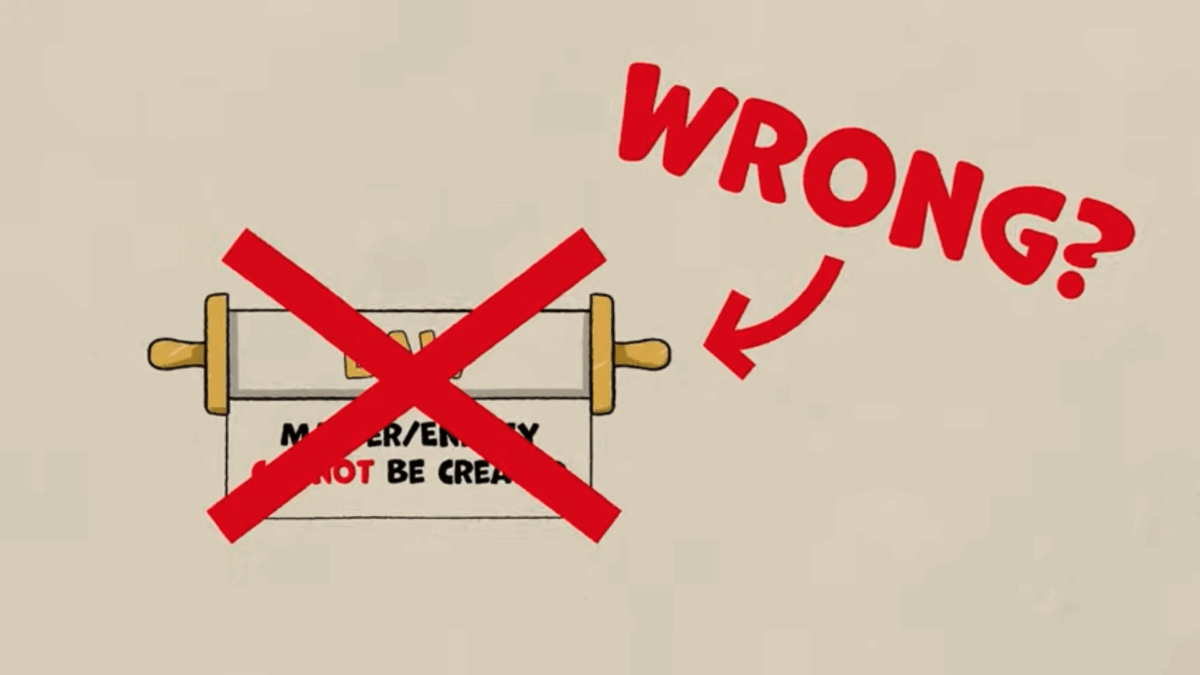
Further Objections to "God in 3 Minutes"

Murray and Others Rediscovering God: No Accident
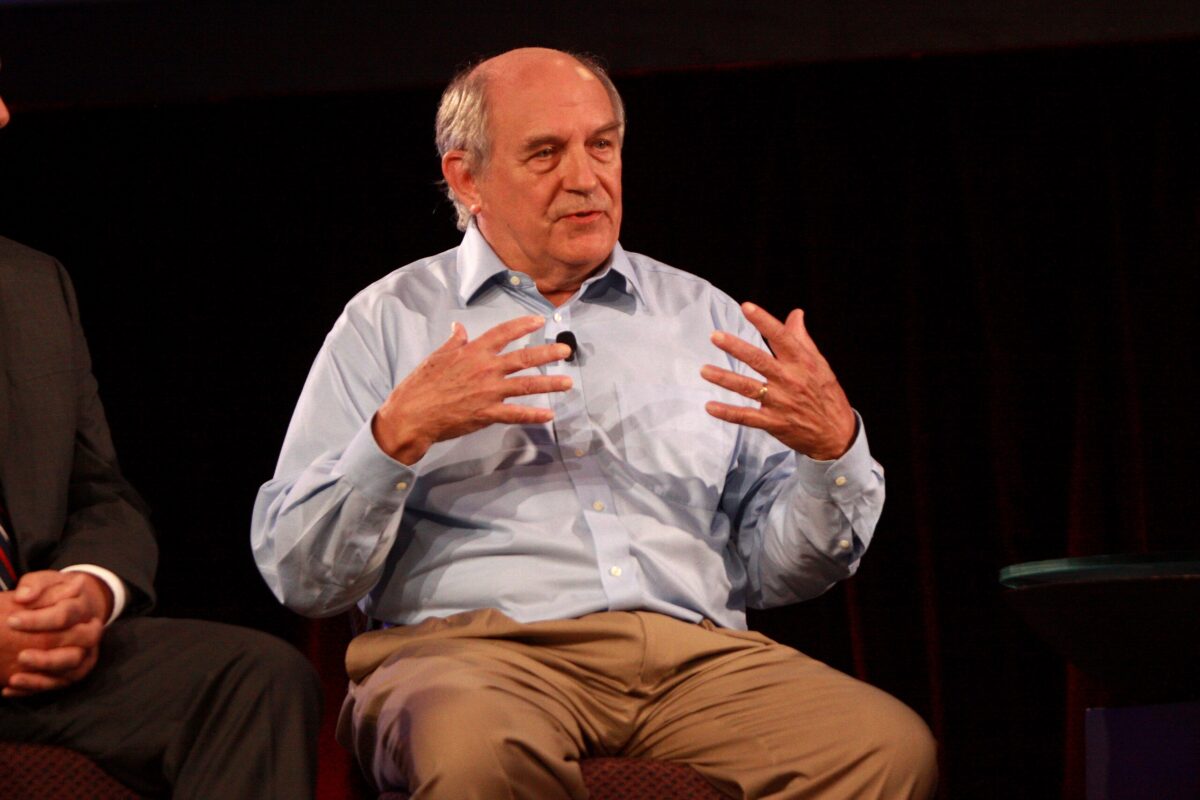
Maturing Toward God: Update from Charles Murray

New Audiobooks by West, Klinghoffer Available Now
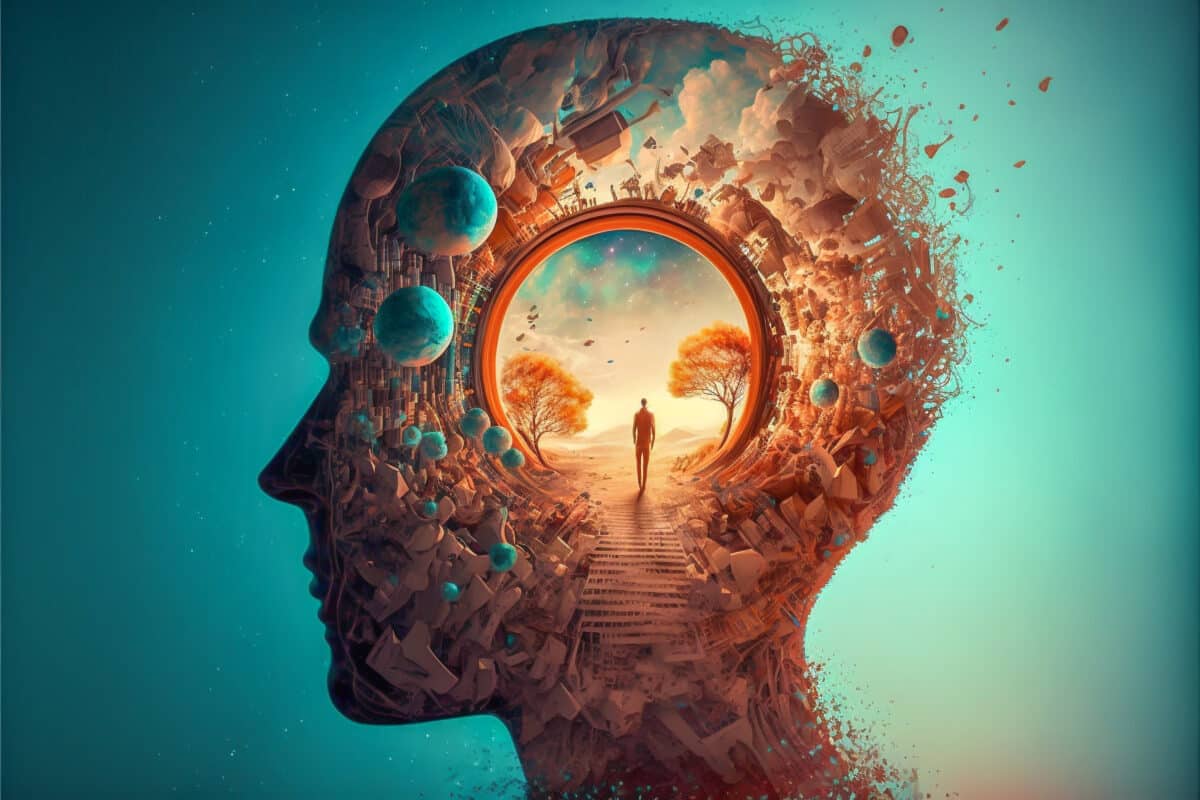
The Culture Is Maturing Toward the Immortal Mind

Why Evolution Fails to Explain Life’s Design
Recommended

Is Intelligent Design Gaining the Upper Hand?
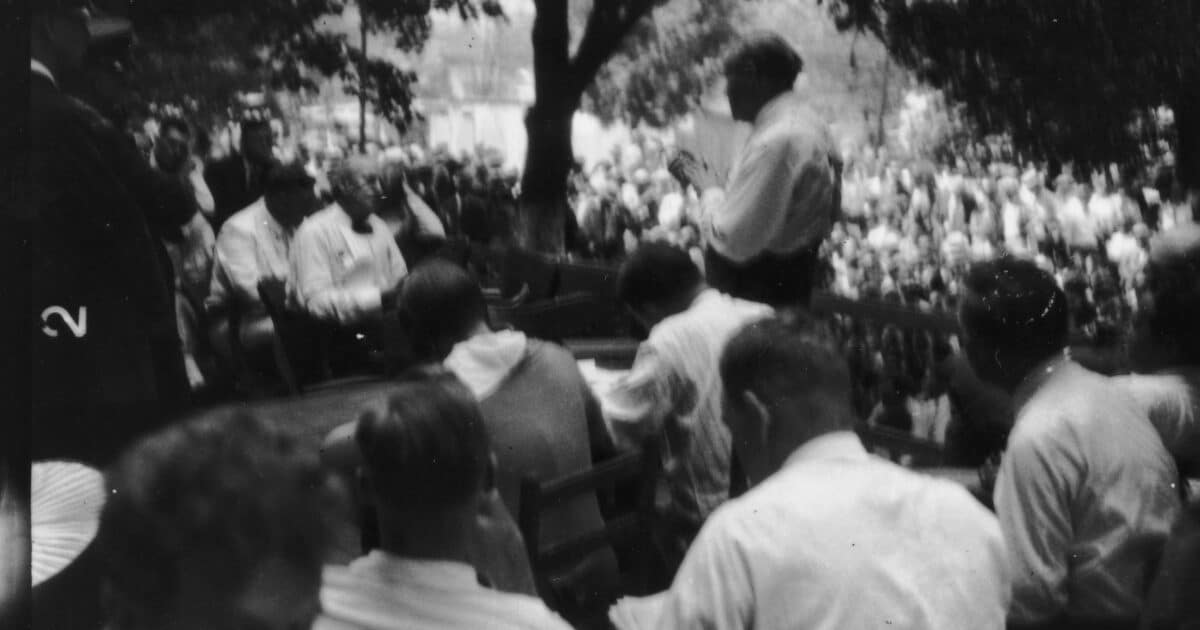
Scopes: Same Debate, Different World
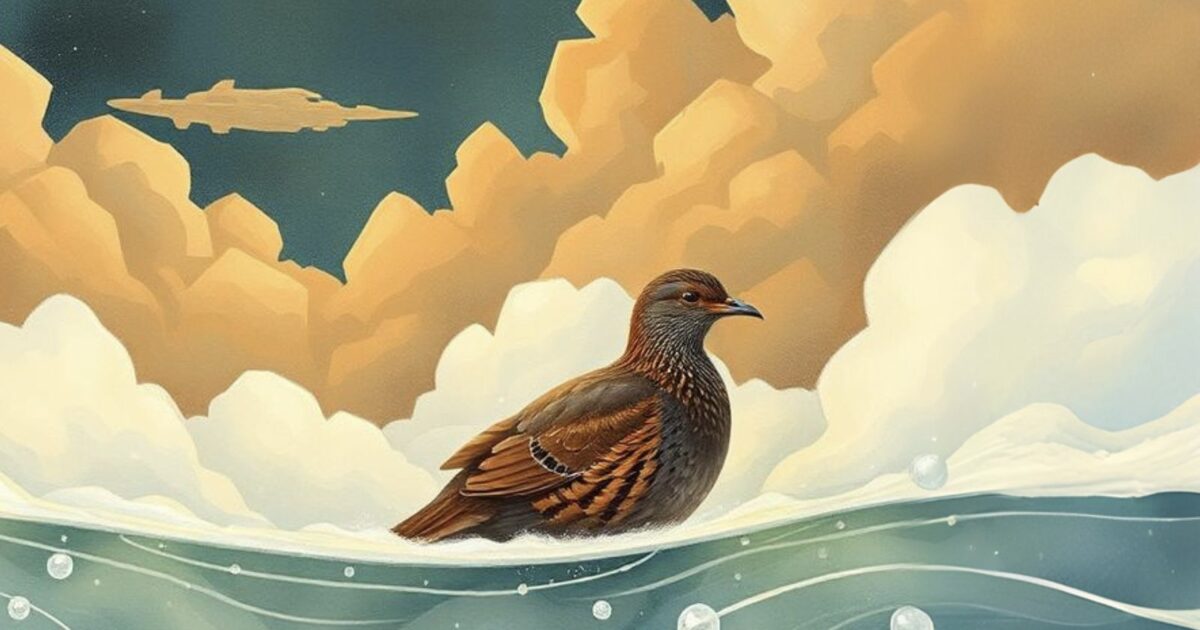
What’s Bothering Augustine?
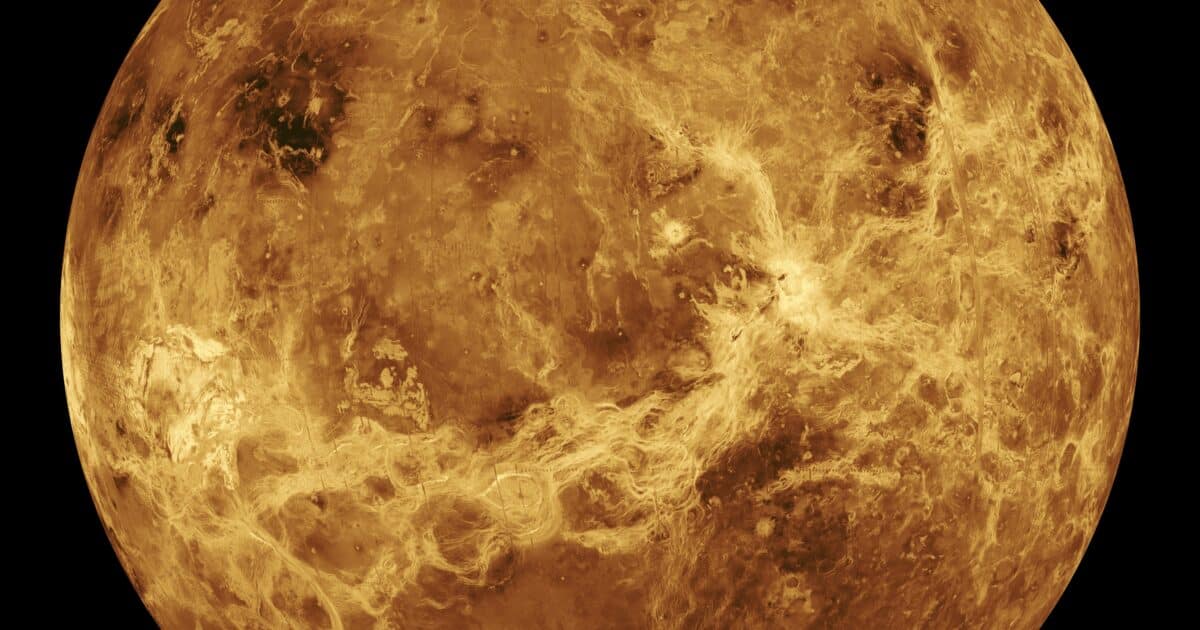
Geometric Design in the Solar System
ID the Future
with Andrew McDiarmid
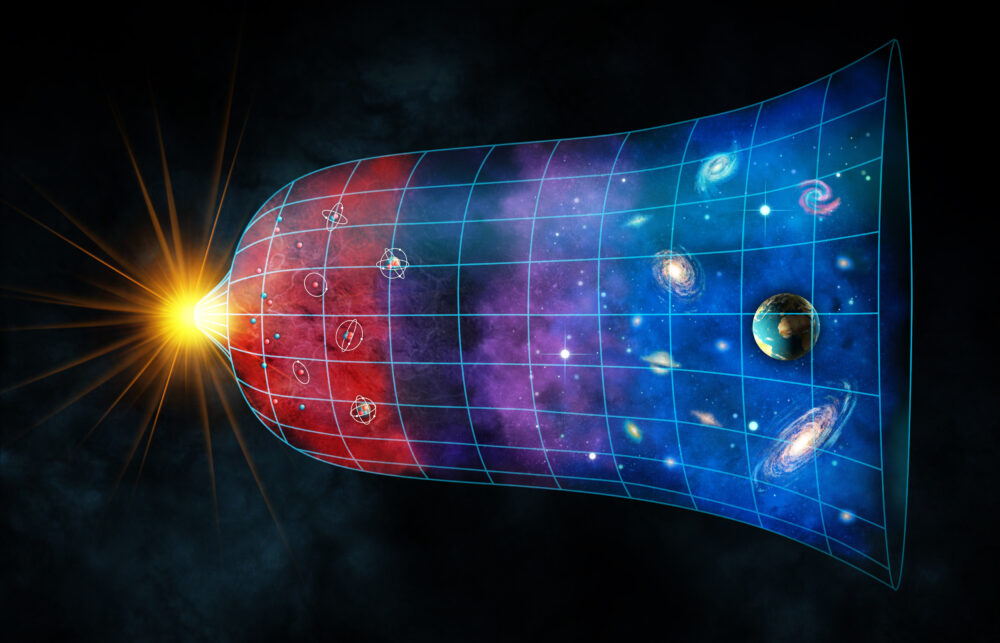
The Scientific Discoveries That Make Materialism an Irrational Belief
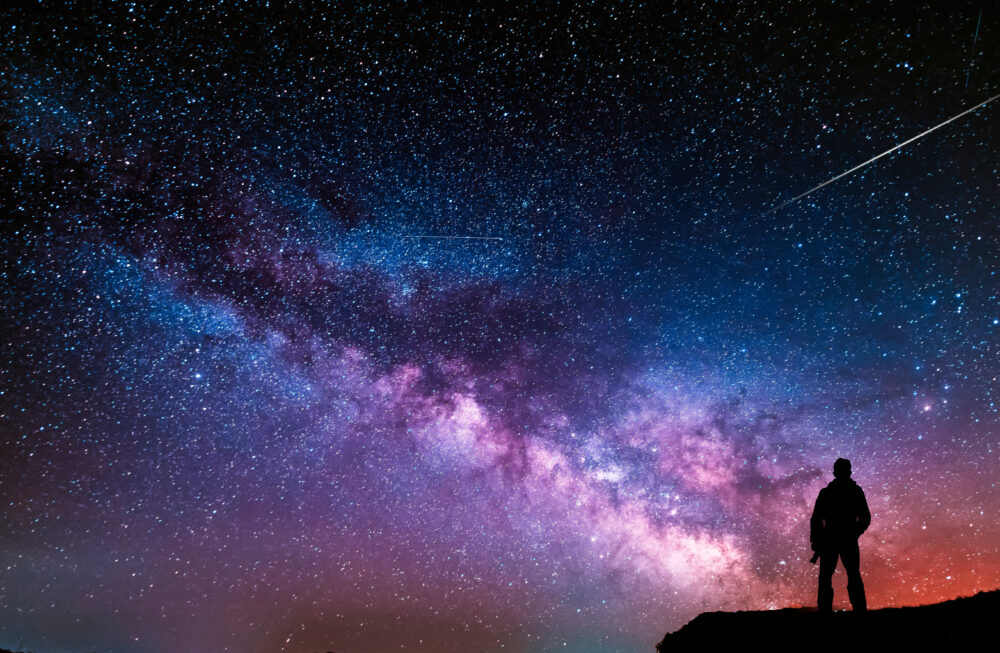
Can Genesis and Science Agree? A Classic Conversation with John Lennox

Dr. Howard Glicksman: Why Evolution Fails to Explain Life’s Design
Latest Videos
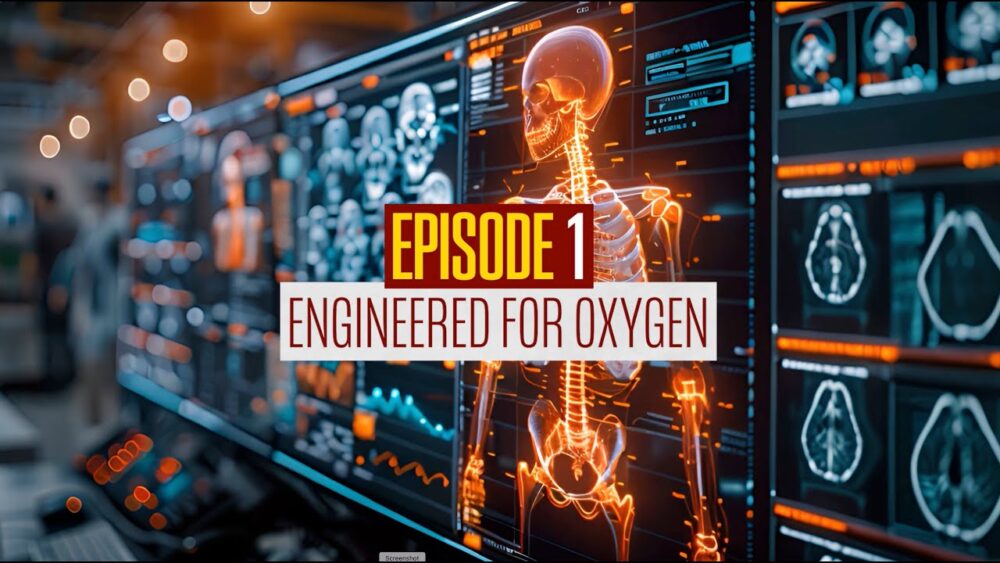
Engineered for Oxygen
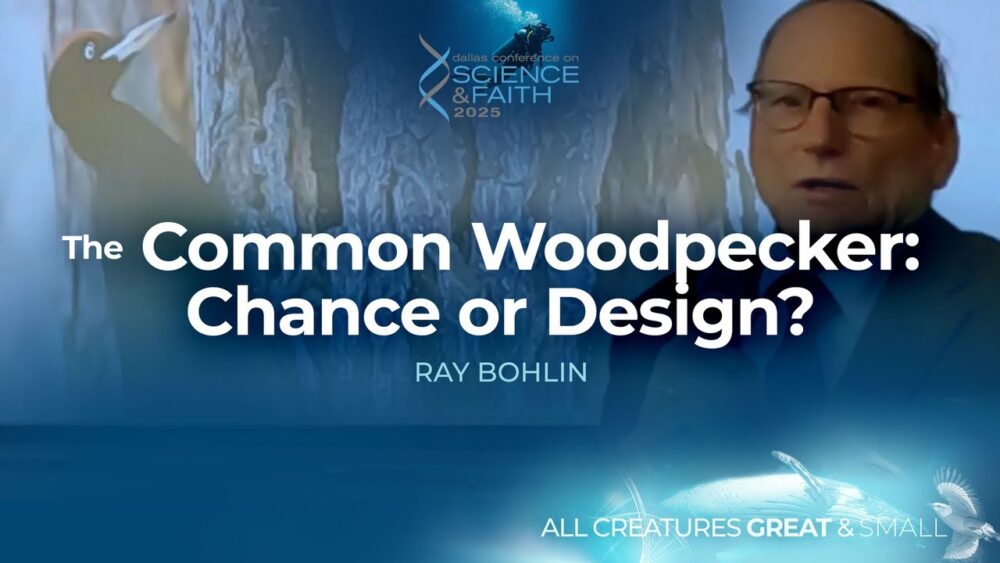
The Common Woodpecker: Chance or Design?
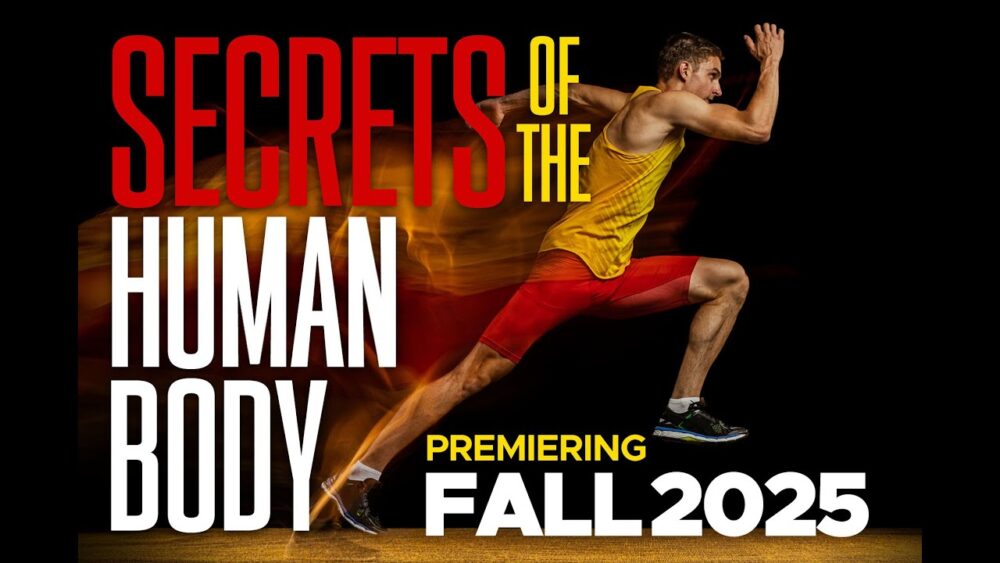
Secrets of the Human Body Trailer
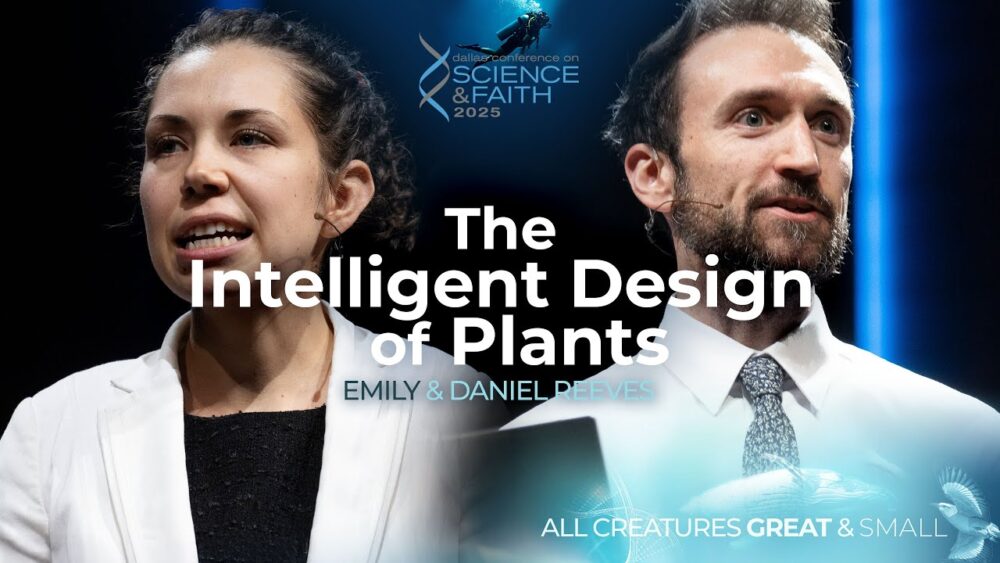
The Intelligent Design of Plants
Intelligent Design

New Audiobooks by West, Klinghoffer Available Now

Why Evolution Fails to Explain Life’s Design

Do or Die: How Life’s Engineering Keeps Us Alive
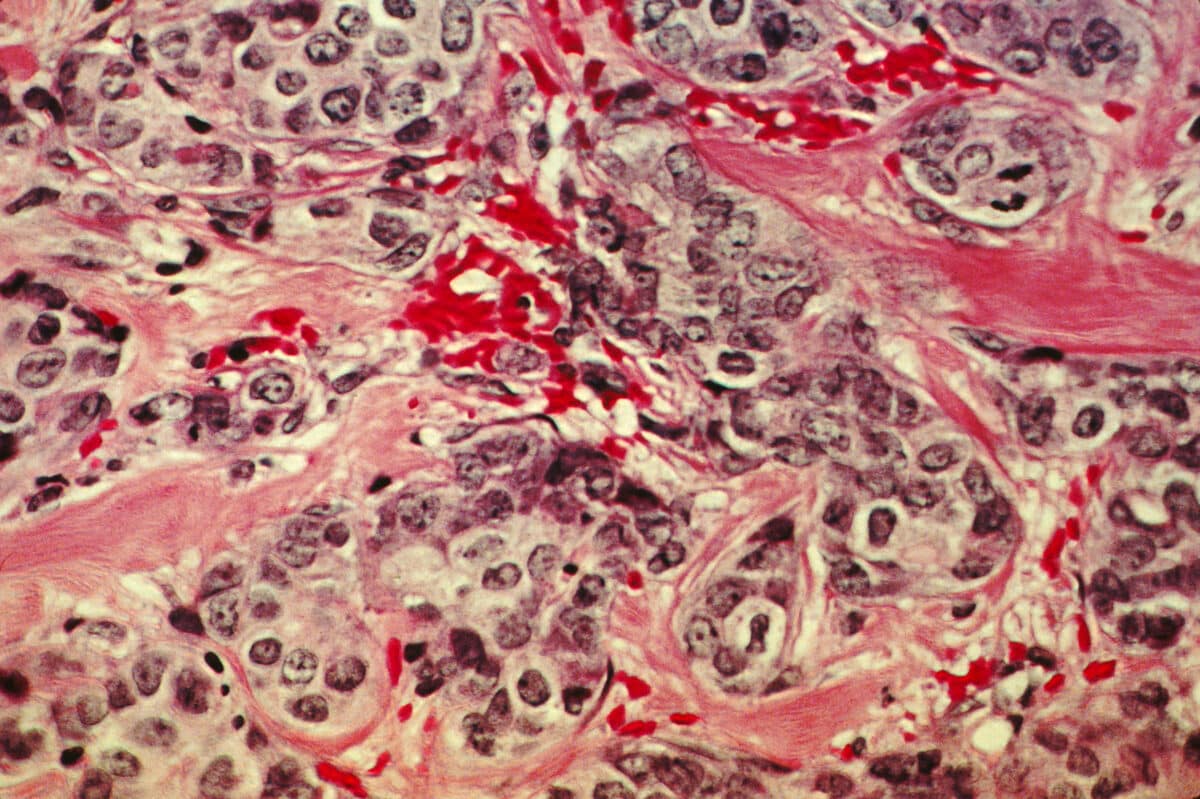
Discovery-Funded Paper Uses ID Approach to Cancer
Historical Sciences
Origin of Life
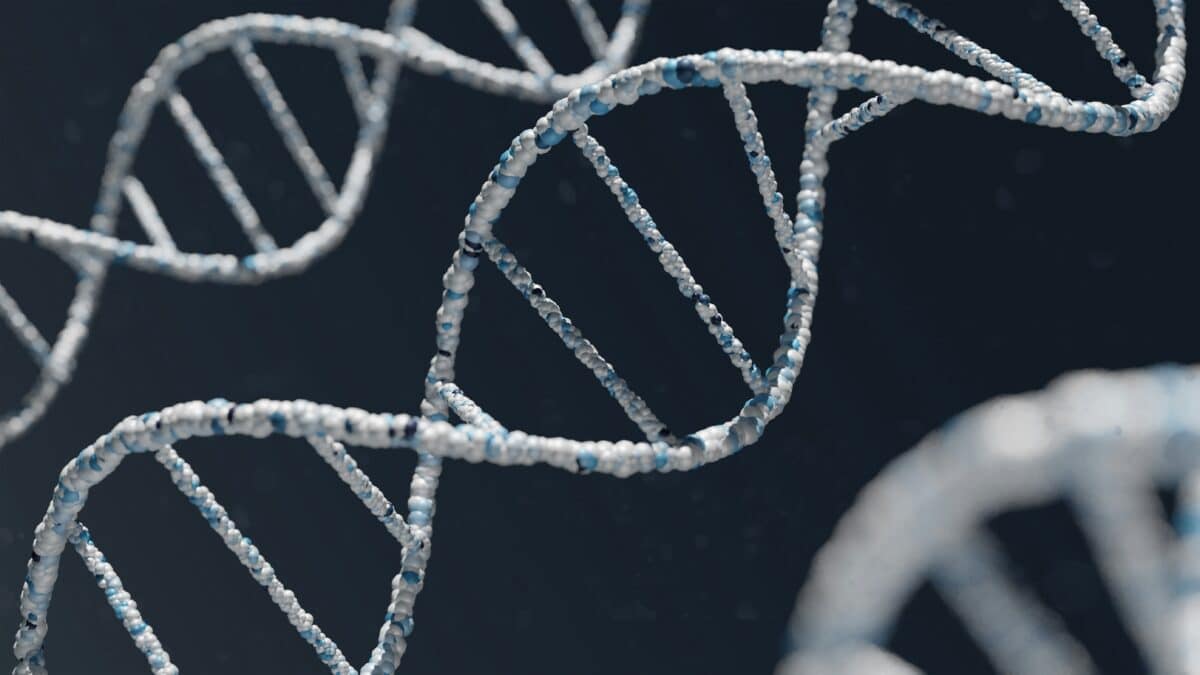
From Dead Ends to Design
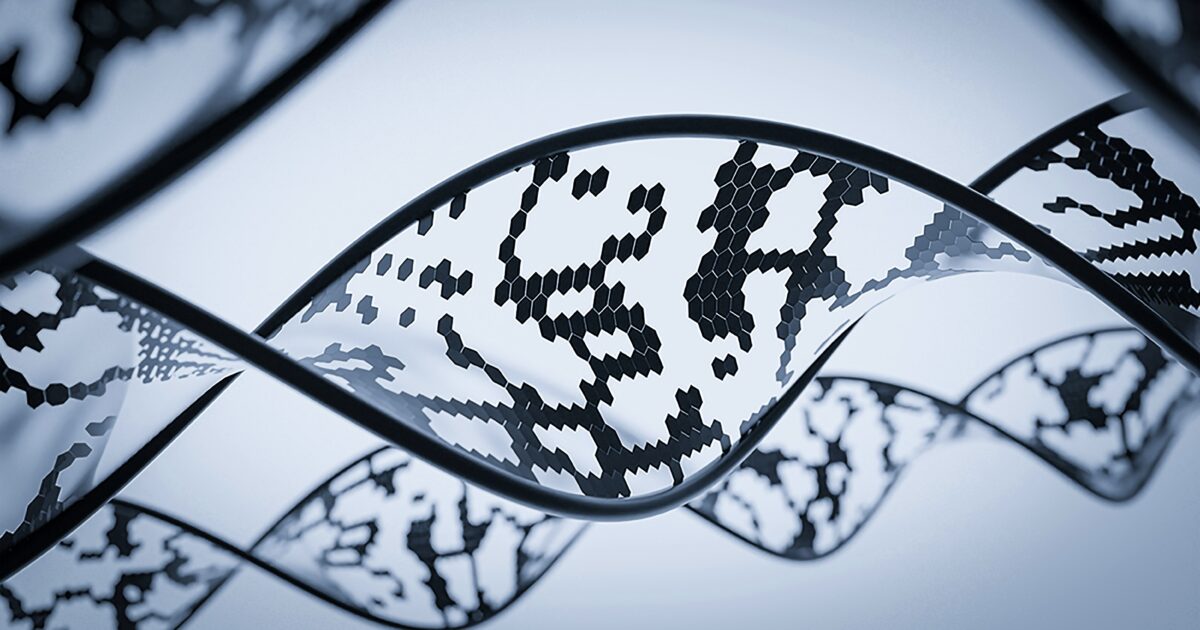
The Unsolved Mystery of Life’s Origin
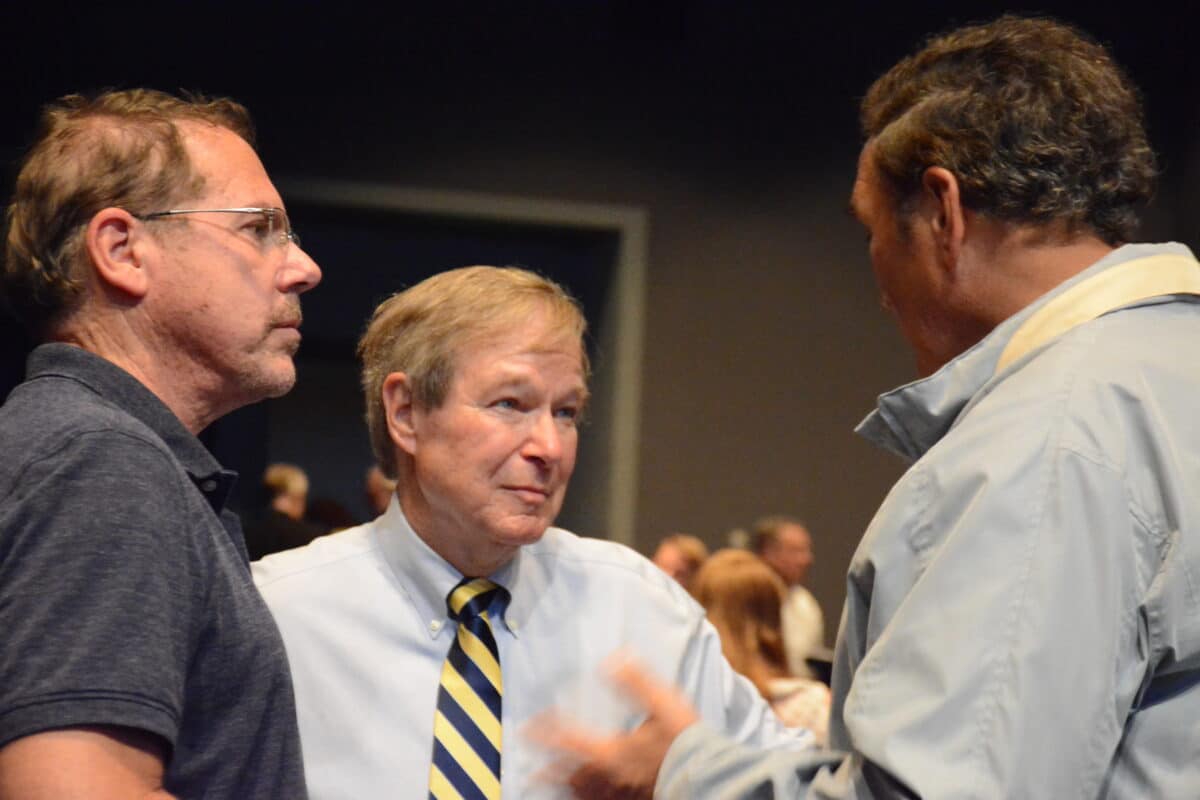
Remembering Walter Bradley (1943–2025)
Evolution

A Concise Explanation of Evolution’s Toxicity
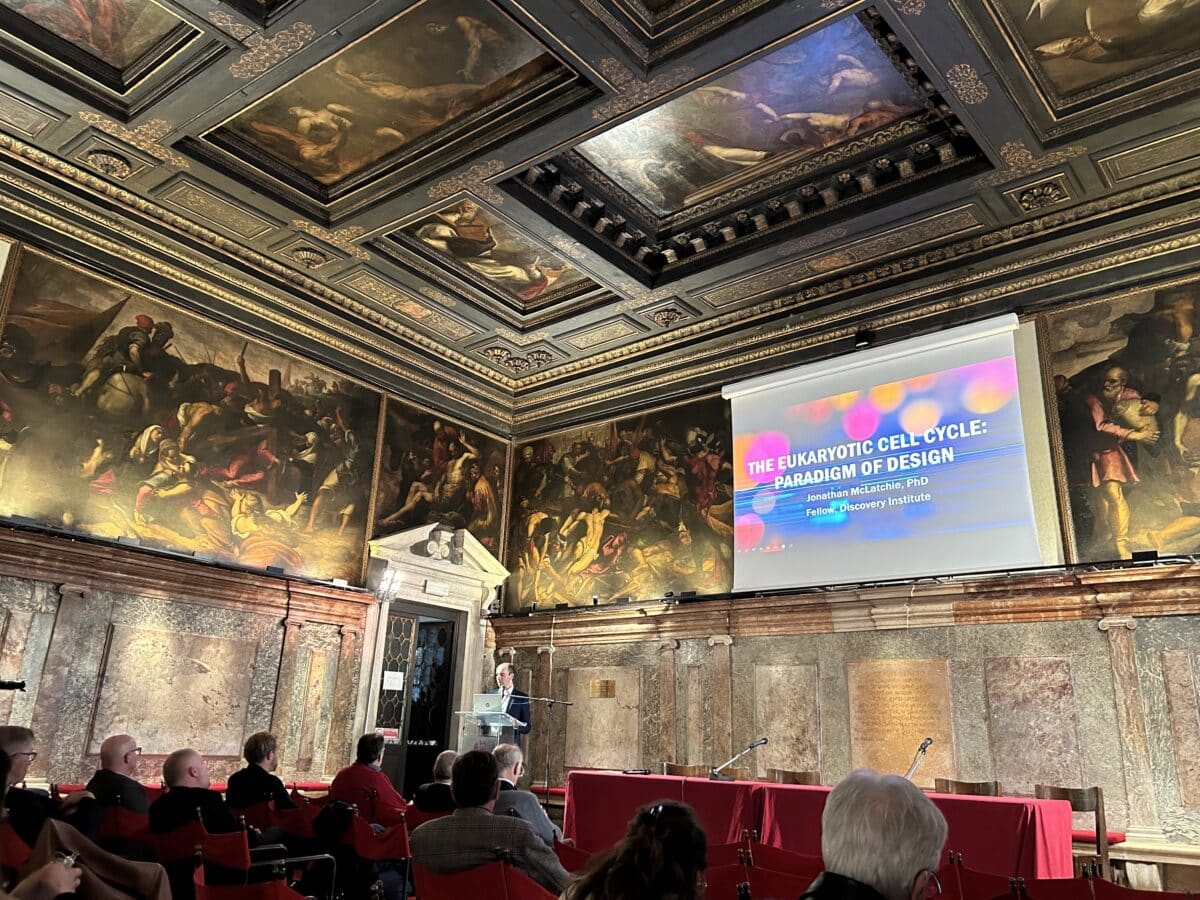
In Venice, Scientists Discuss Challenges to Darwin
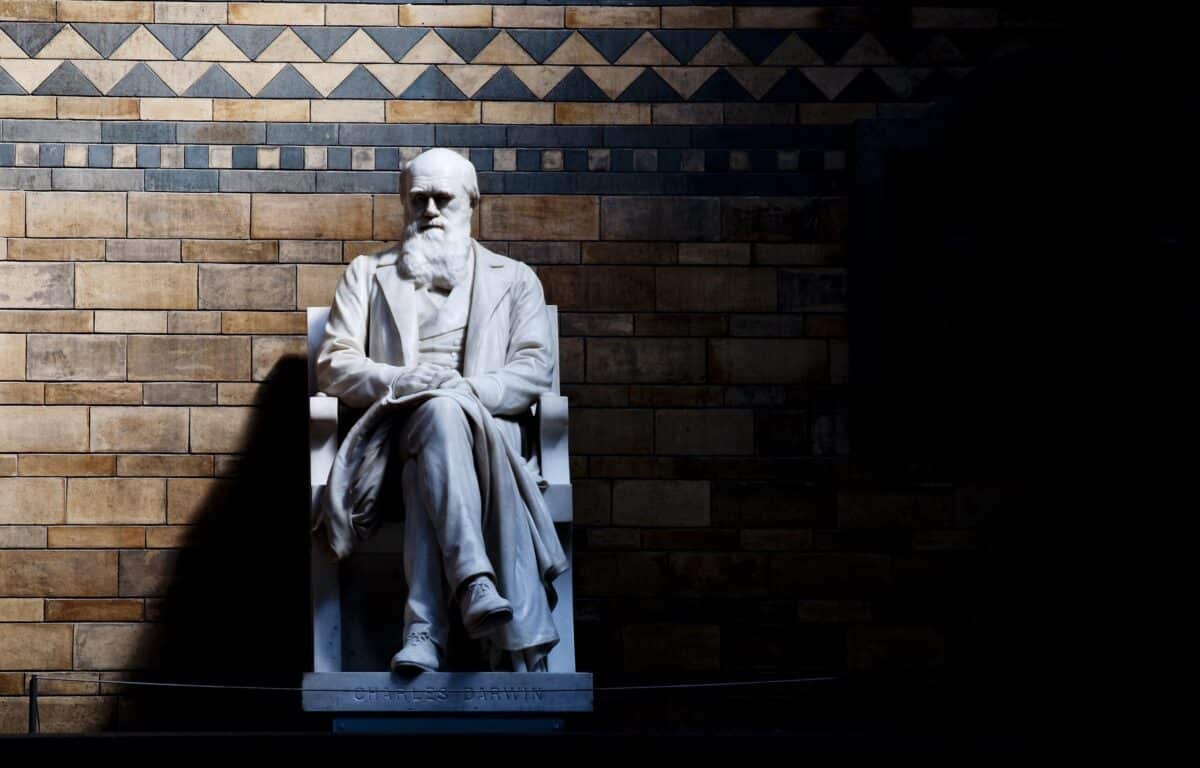
A Neglected Dissenter from Darwinism
Paleontology
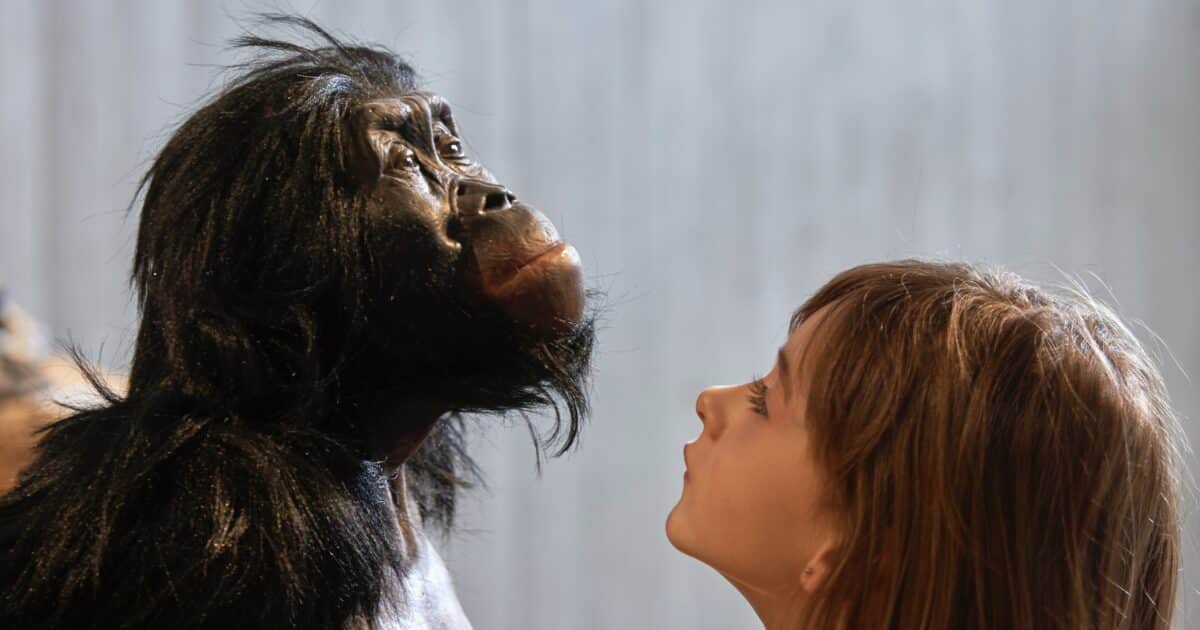
Luskin Answers Objections to Intelligent Design
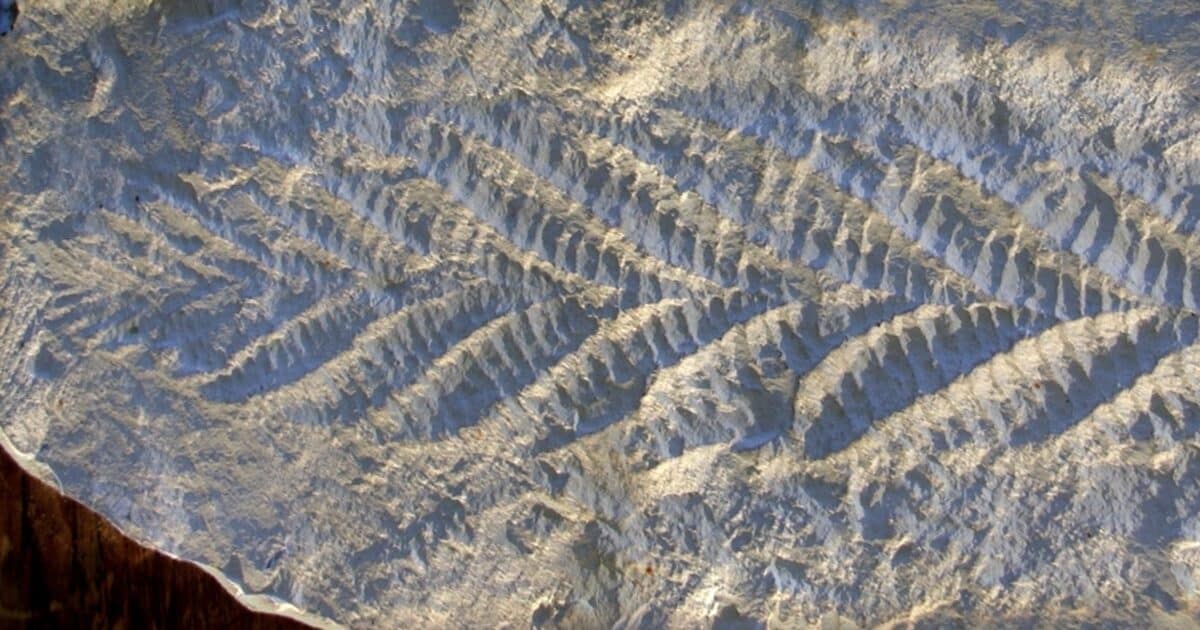
Fossils as Magical Darwin Relics
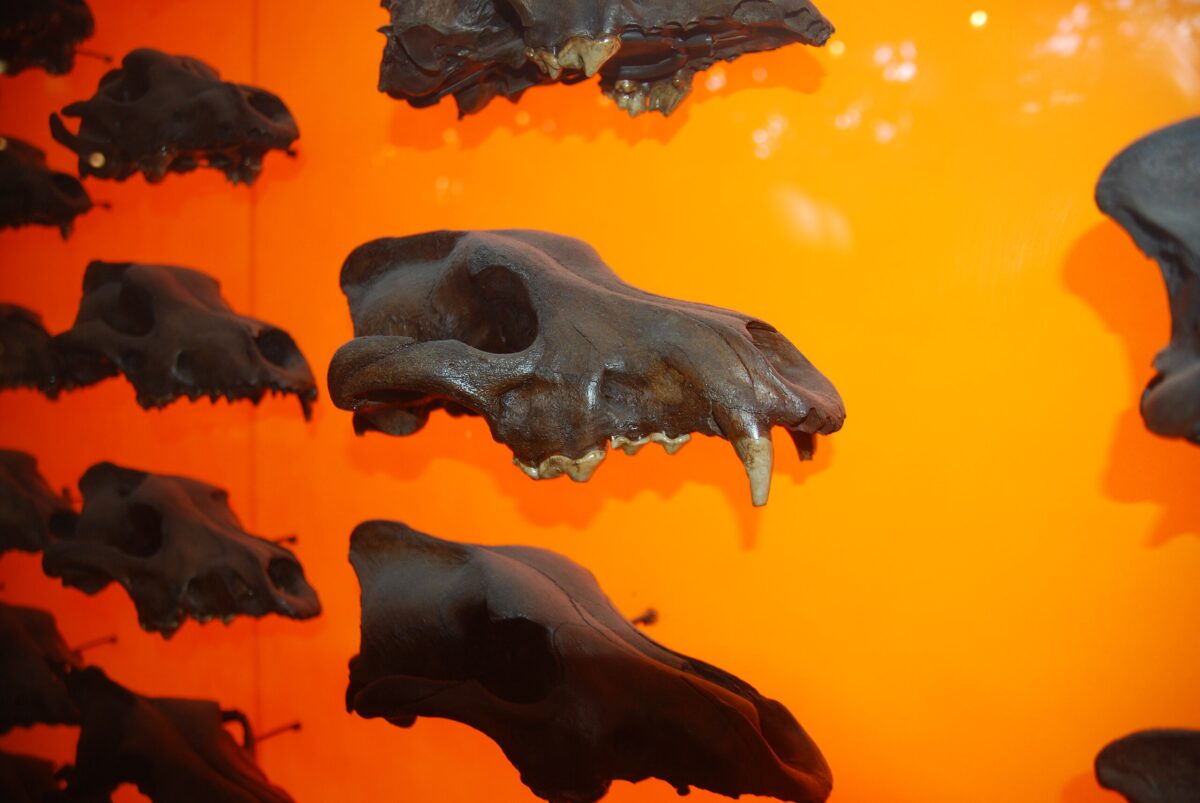
Cold Water on “Dire Wolves”
Cosmology
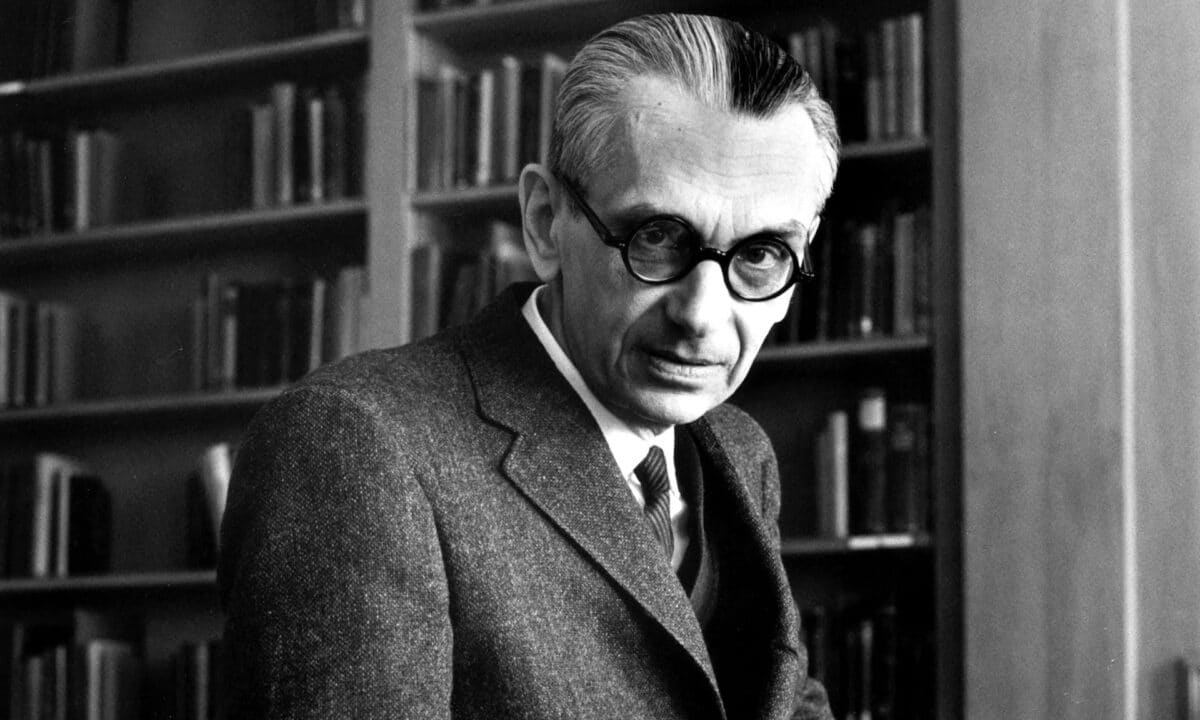
Innovative Book Complements God Hypothesis

Why Can't We Just Go Back to Unprovable Faith?
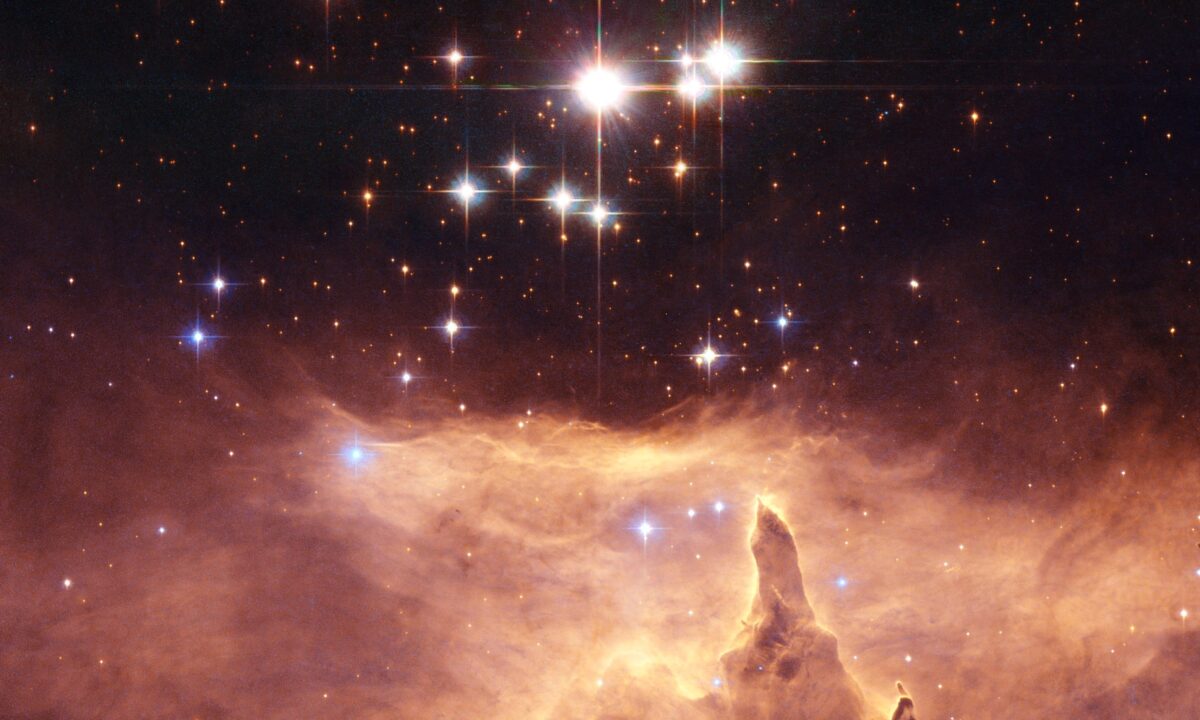
Science Points to God; Scientists Listen
Human Origins
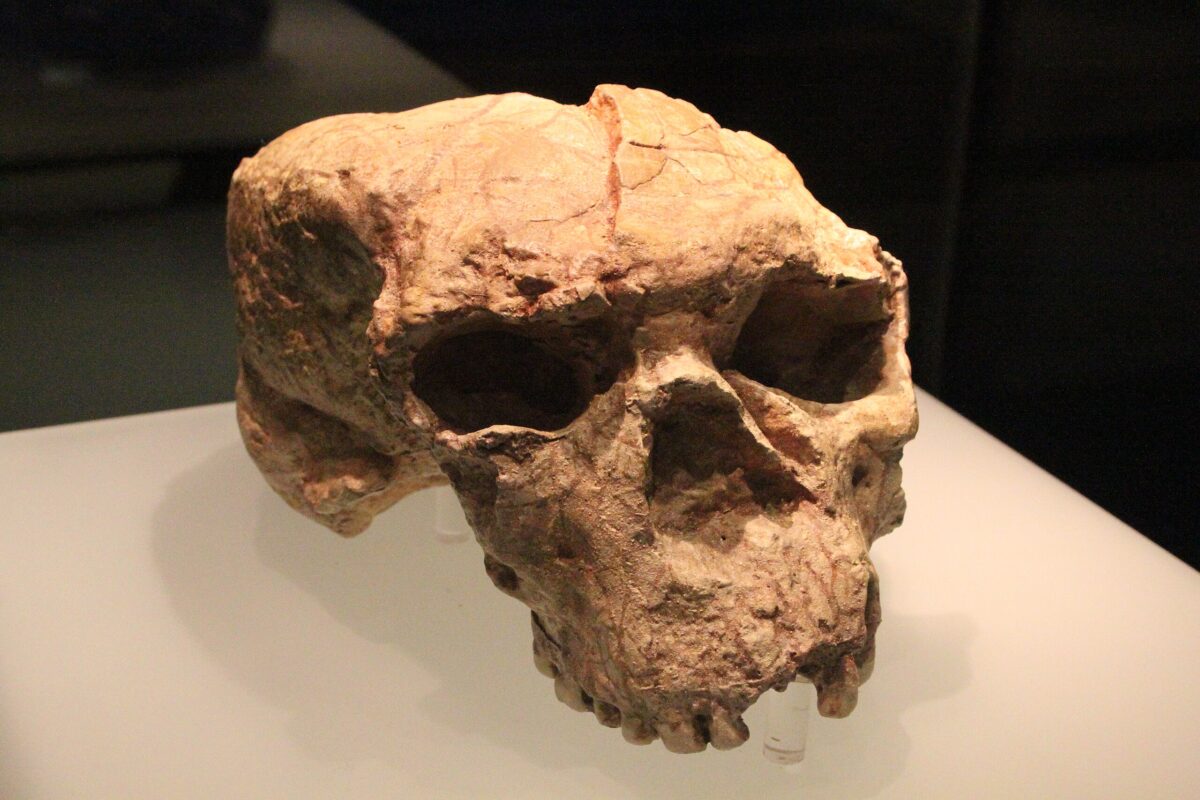
Skulls Push Our Species Back to 1 Million Years?

Hunted as Prey, Not a “Turning Point”
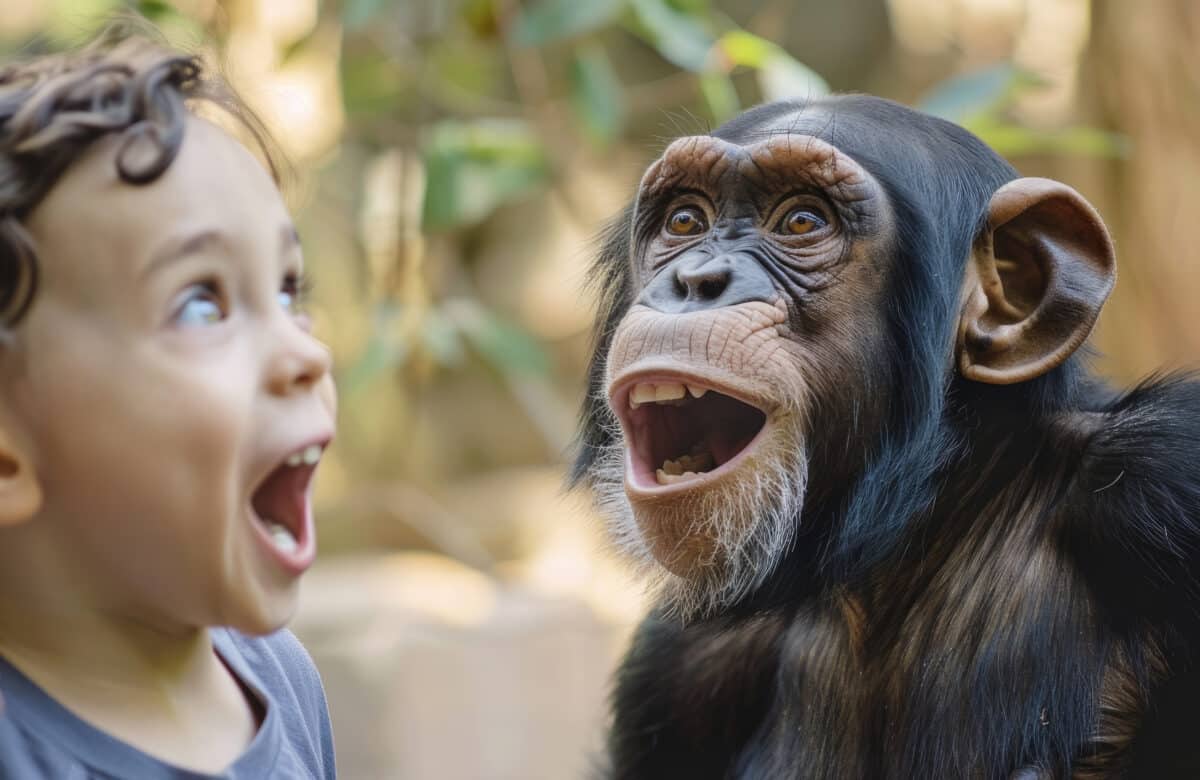
Berlinski on Human-Chimp Differences and More
Archaeology
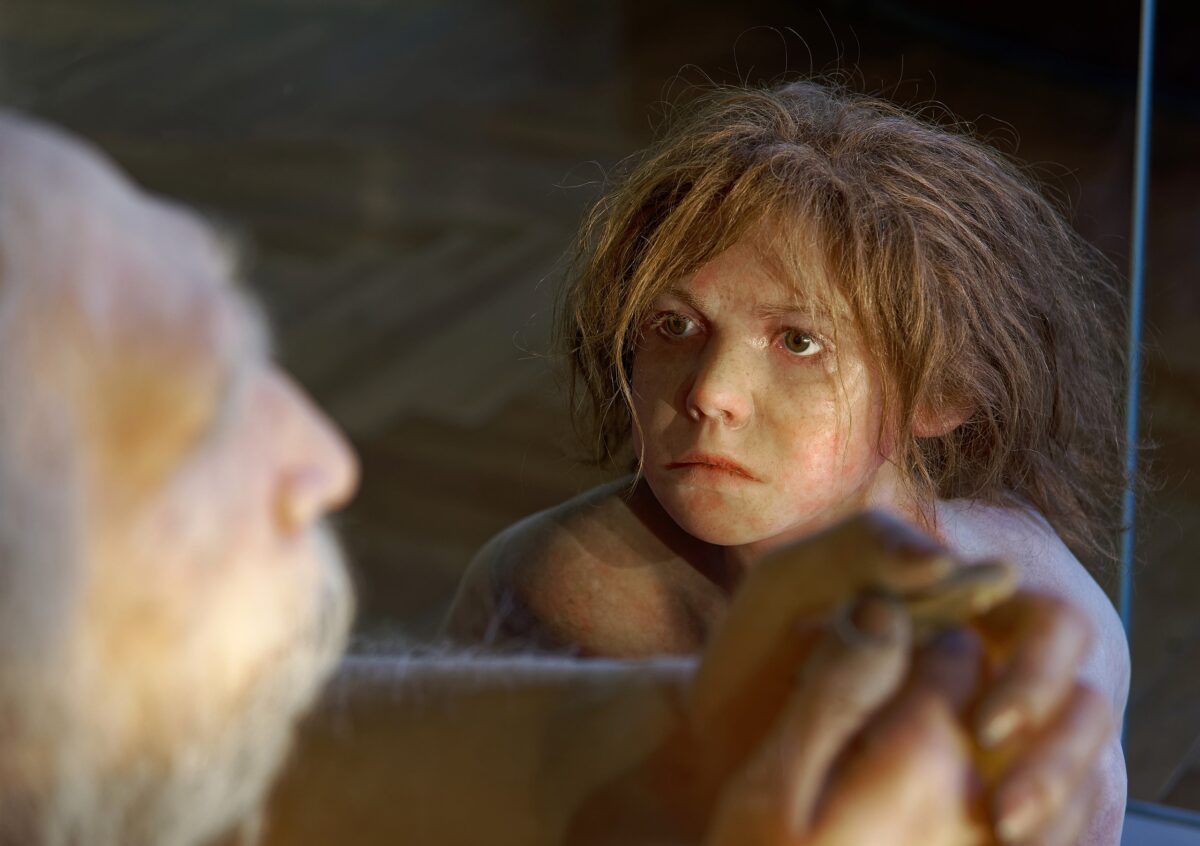
More Discoveries Point to Neanderthal Intelligence
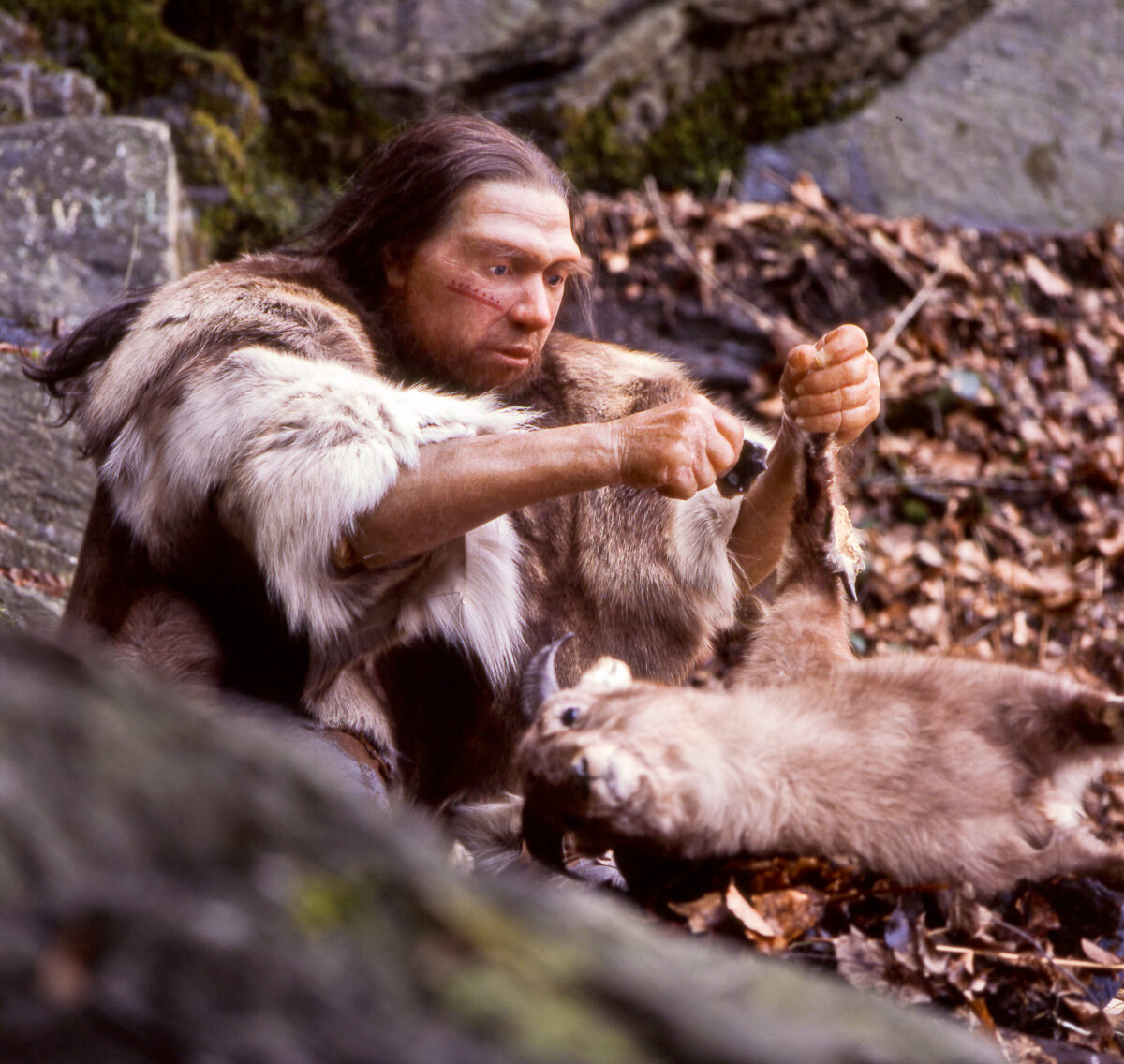
The Joy of (Neanderthal) Cooking
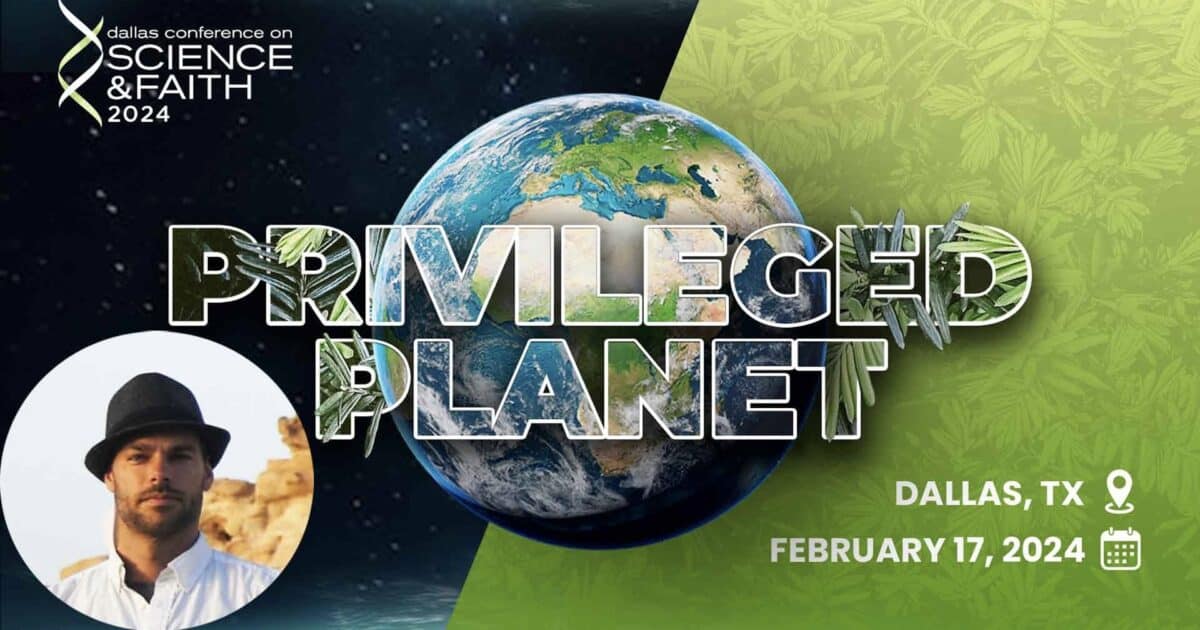
Dallas Conference: Archaeology & the Life of Jesus
History of Science
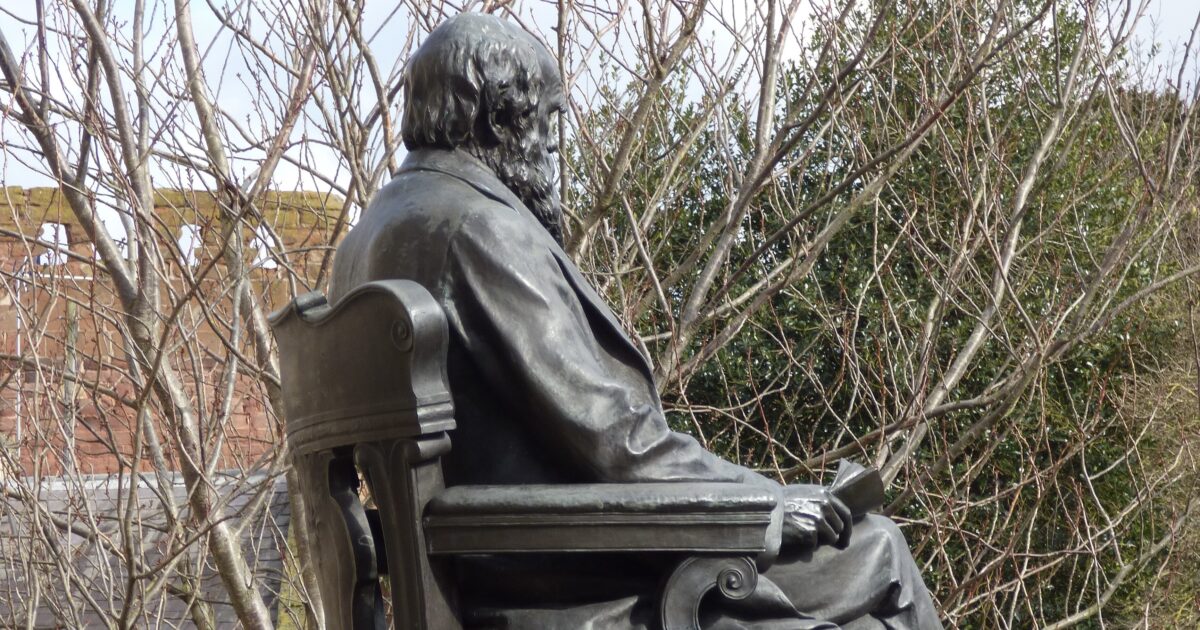
Darwin as a Prefiguration of Postmodern Man

The Legacy of Baruch Spinoza
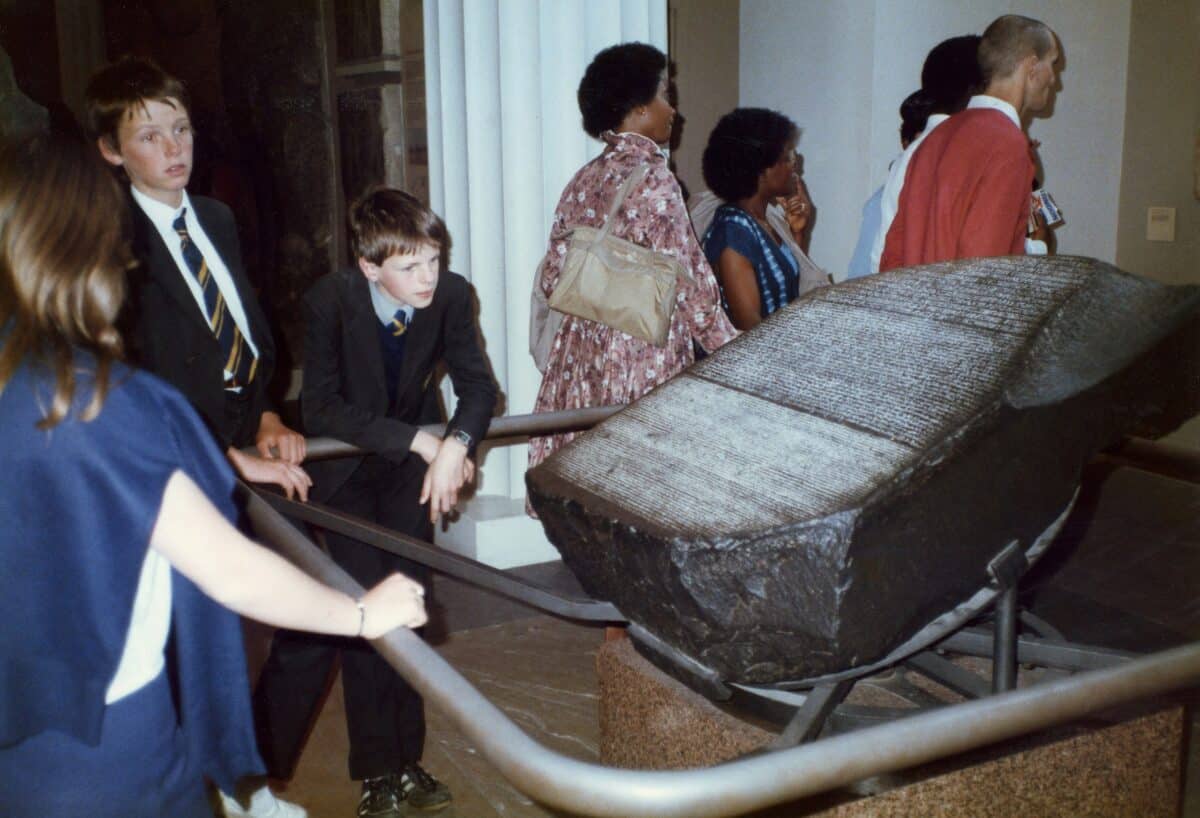
Conservation of Information: History of an Idea
Geology
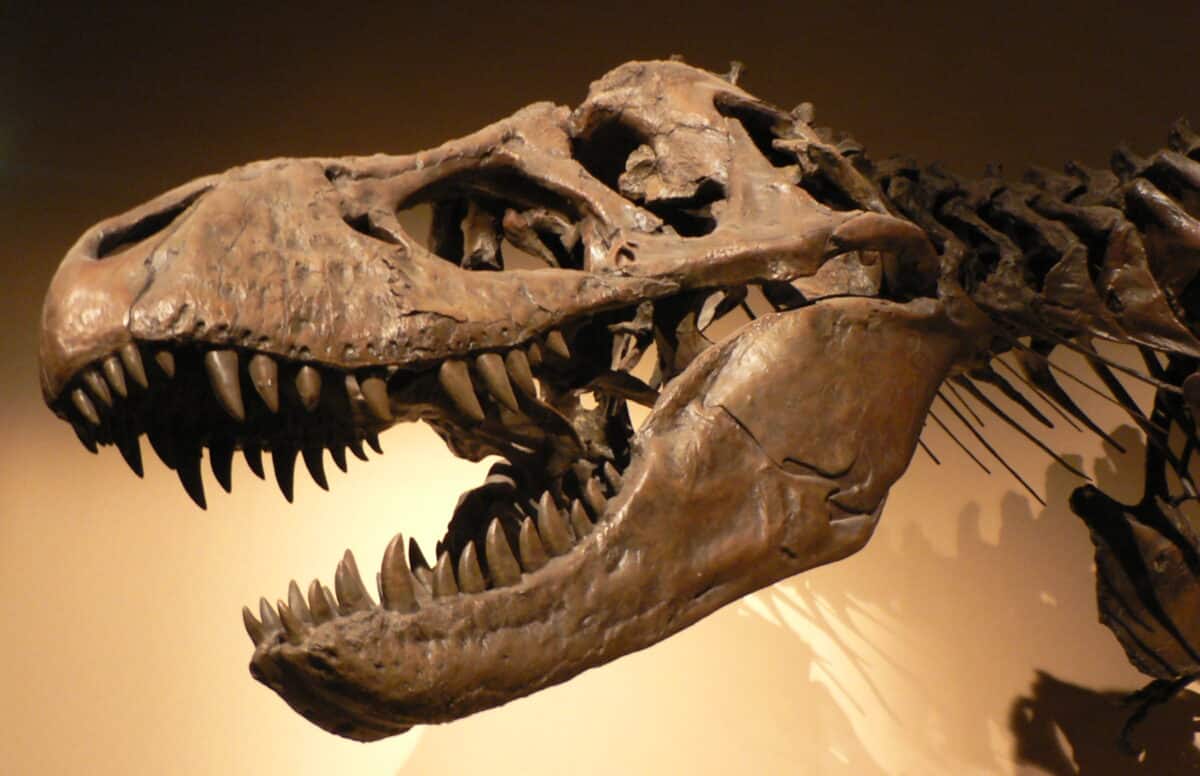
The Wonders of a Hard Mineral
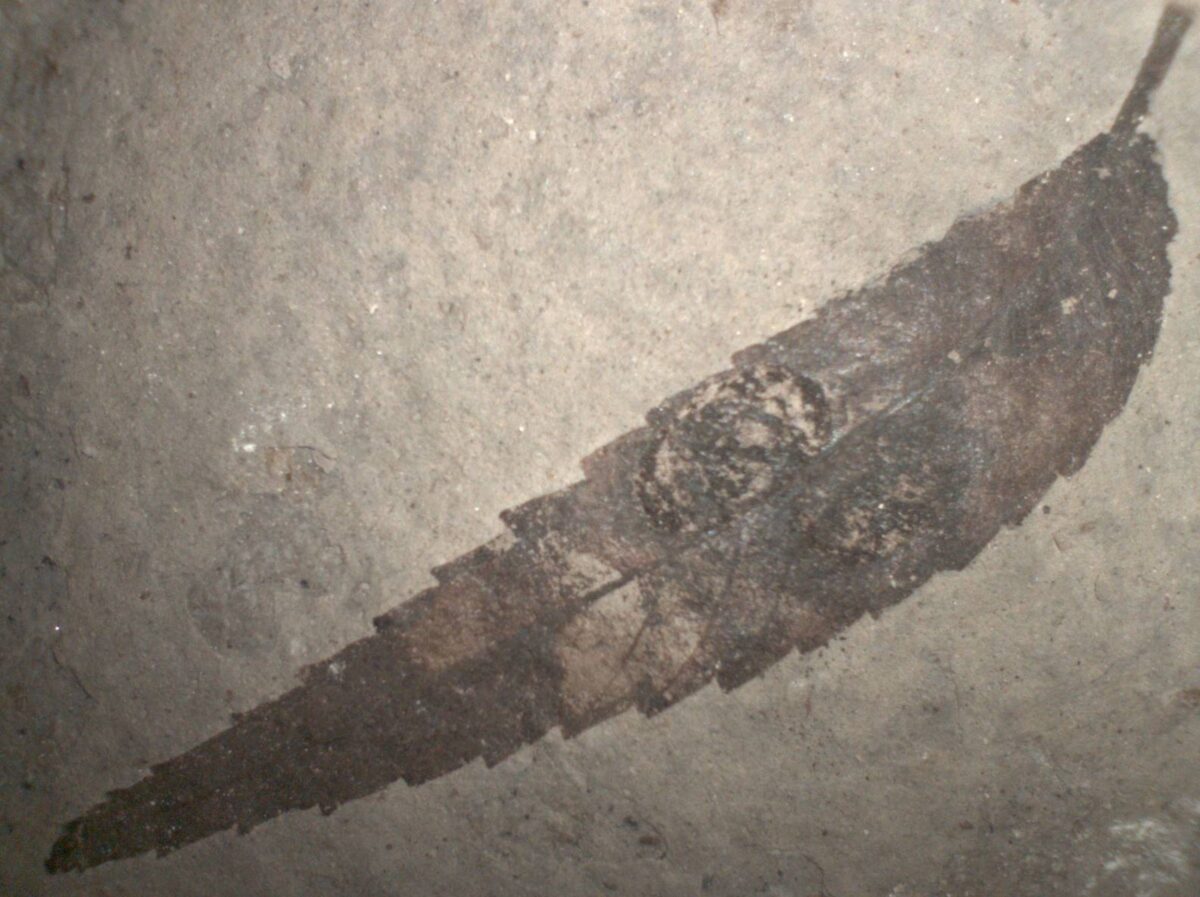
Plate Tectonics and Scientific Discovery
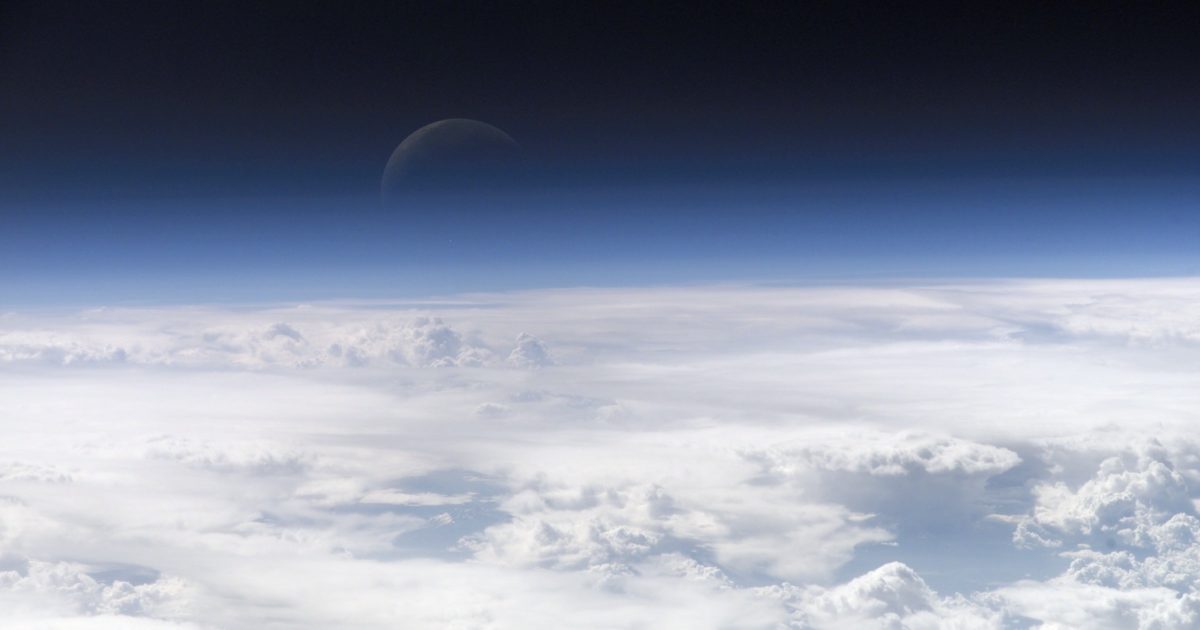
Luskin: Our Intelligently Designed Planet
Life Sciences
Life Sciences

Fireweed: An Example of Intelligent Latent Design

Biological Information in Static Electricity
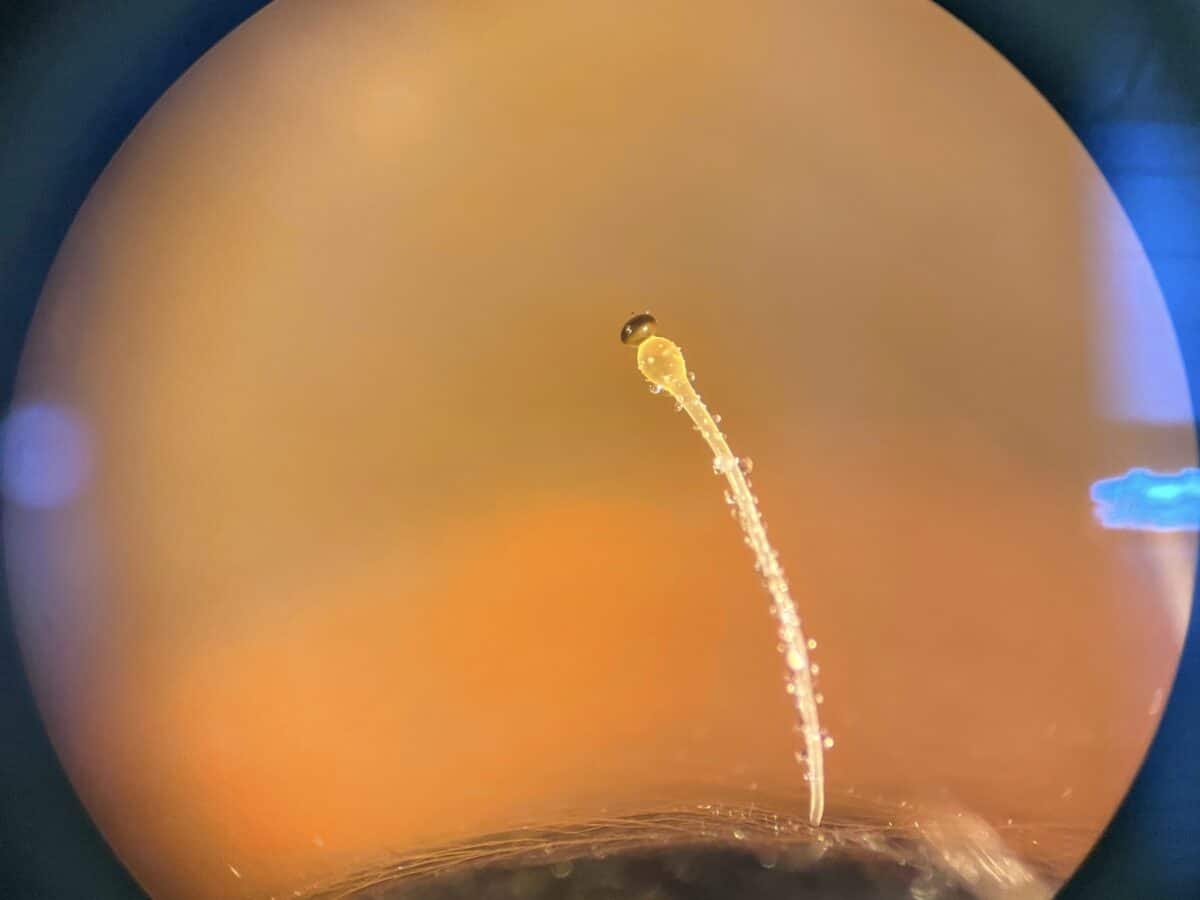
Plant Missile Technology: A Peek in the Armory
Neuroscience

The Culture Is Maturing Toward the Immortal Mind
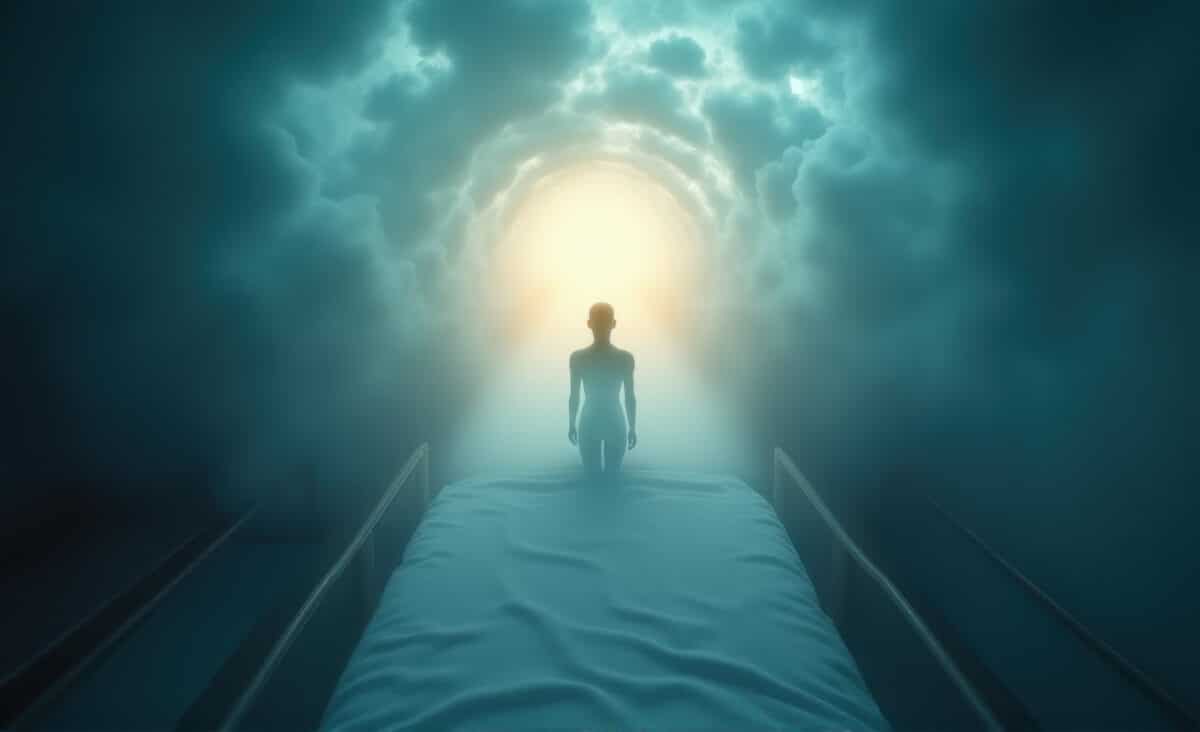
Why Near-Death Experiences Are Hard to Study

Looking for Consciousness in the "Wrong Part"?
Medicine
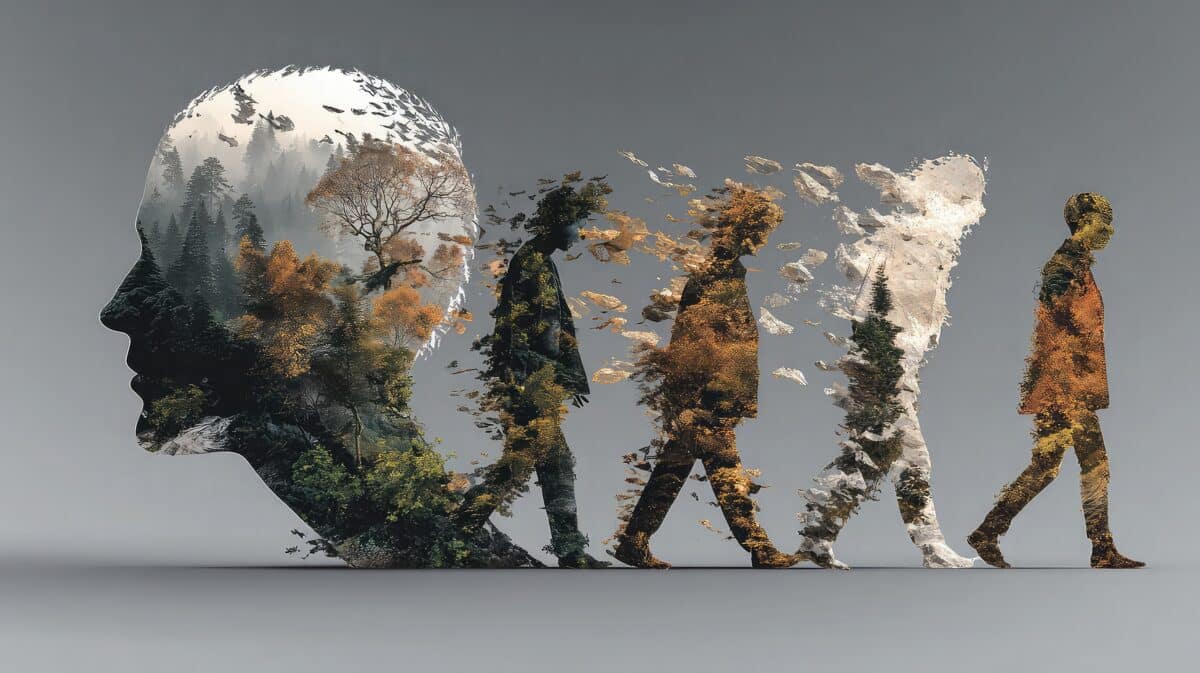
Consciousness and ID: Hear Dr. Simmons Tonight

Will We Care For or Kill Dementia Patients?

Killing for Organs — Who Could Possibly Object?
Biology

Life, Like Technology, Requires “Something More”

Eight Reasons Sex in Humans Is Binary
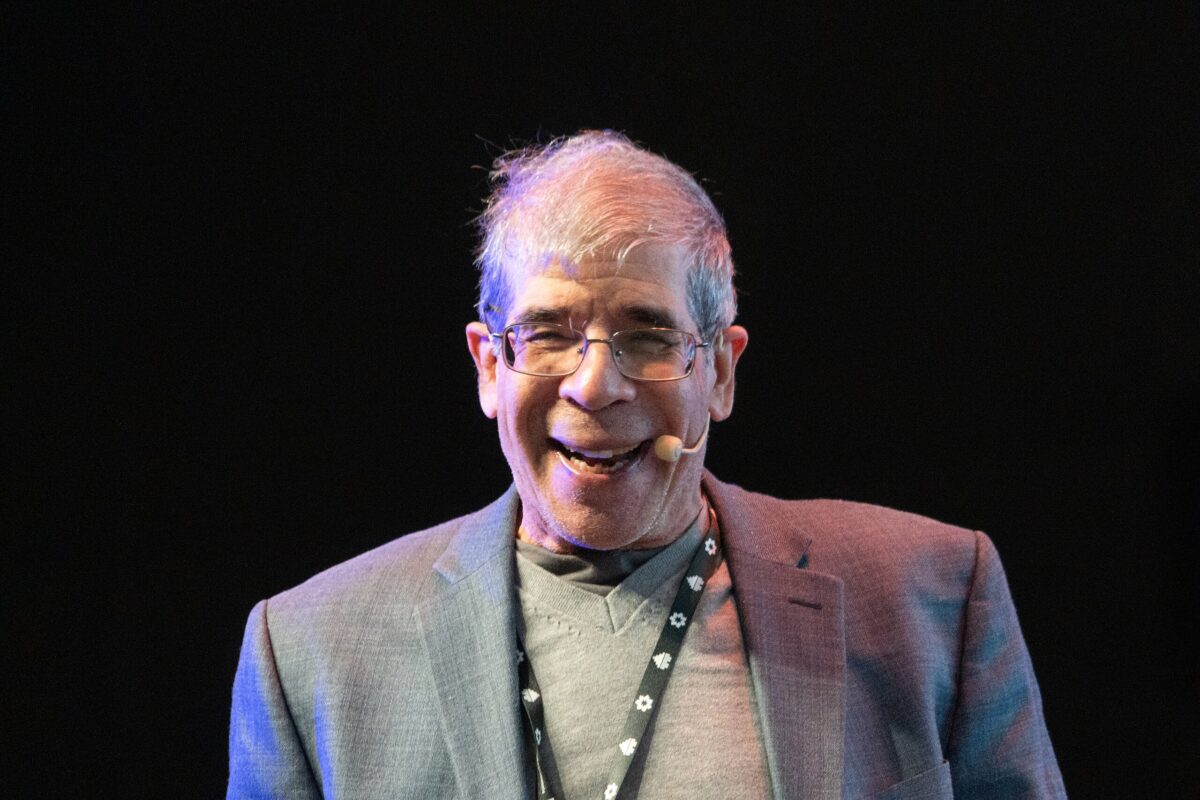
An Evolutionist Decries Private Truth
Physical Sciences
Physics

Maturing Toward God: Update from Charles Murray

“Proof of God in 3 Minutes”: Here Are the Details

Innovative Book Complements God Hypothesis
Chemistry
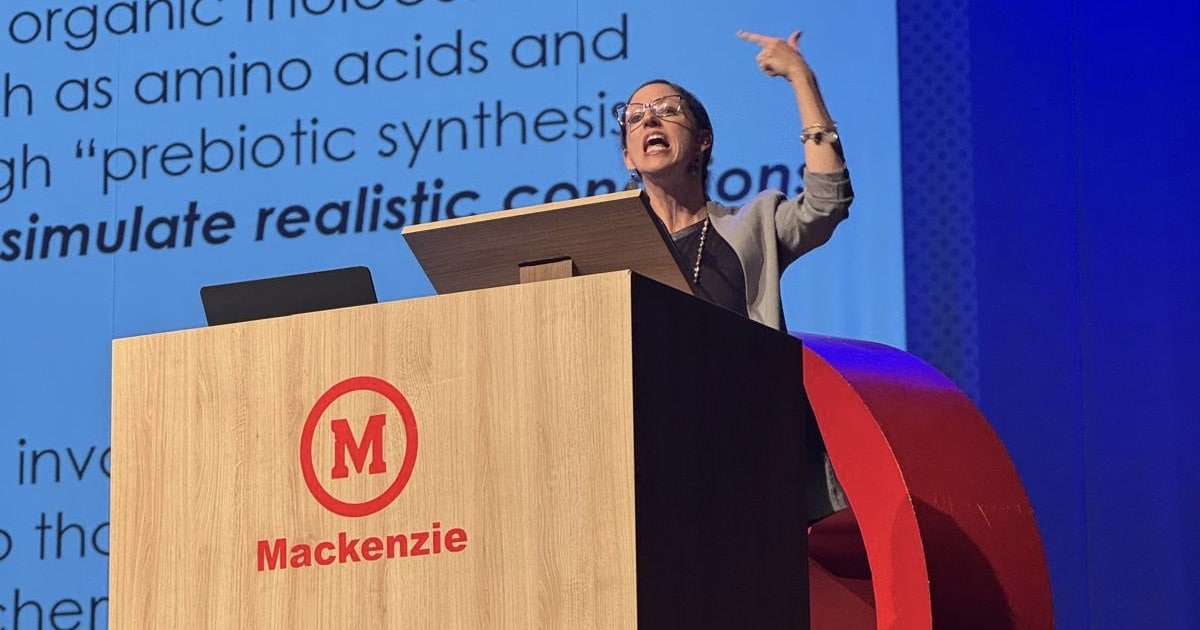
Postcard from São Paulo
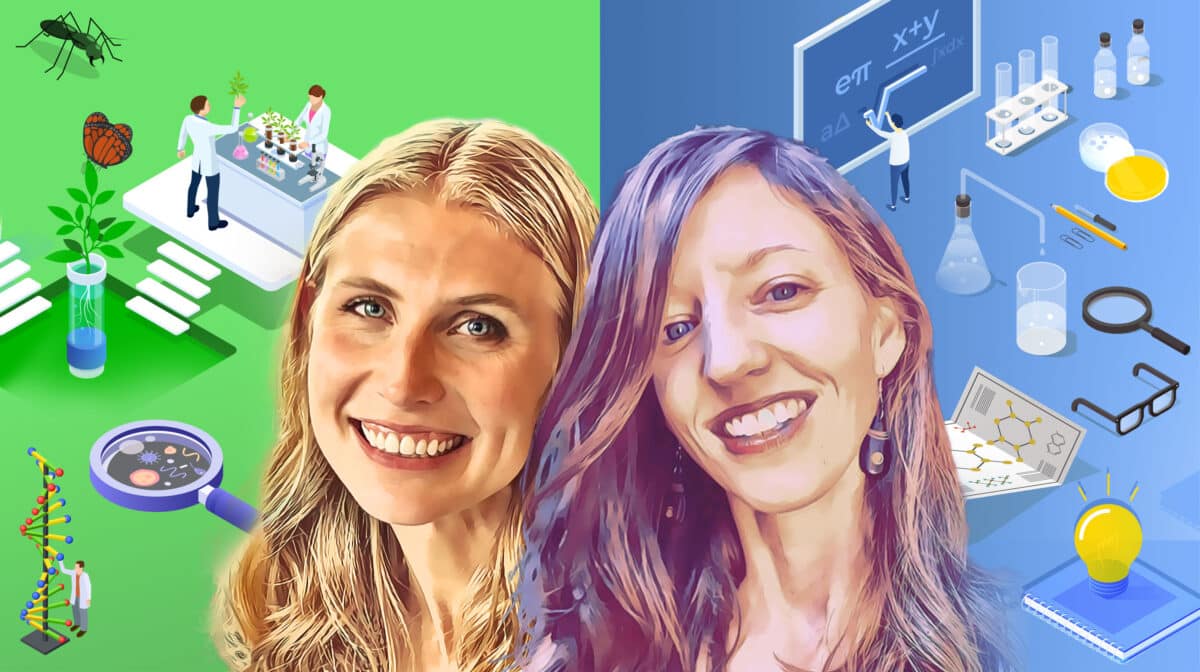
Homeschool High‑School Science Courses
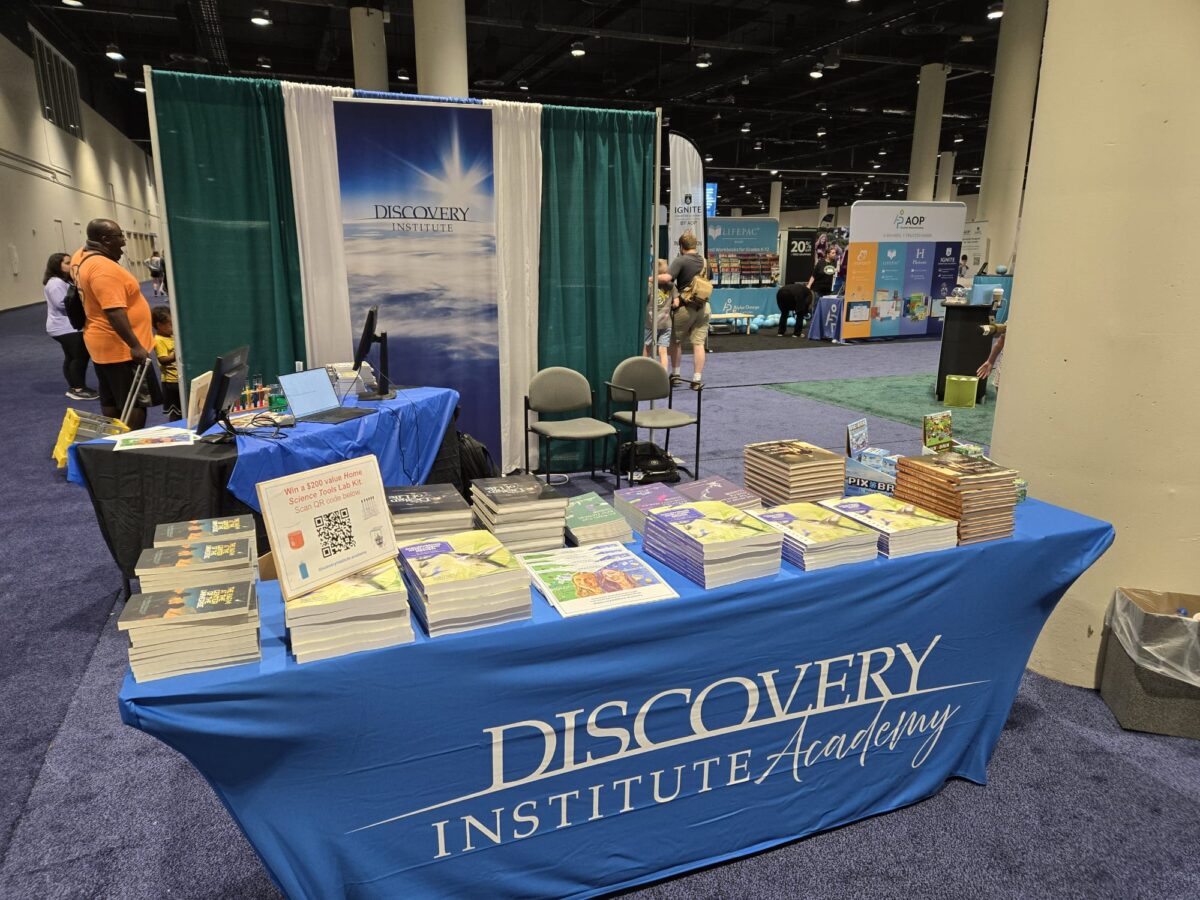
DI Academy “Meet the Teachers” Zoom
Astronomy
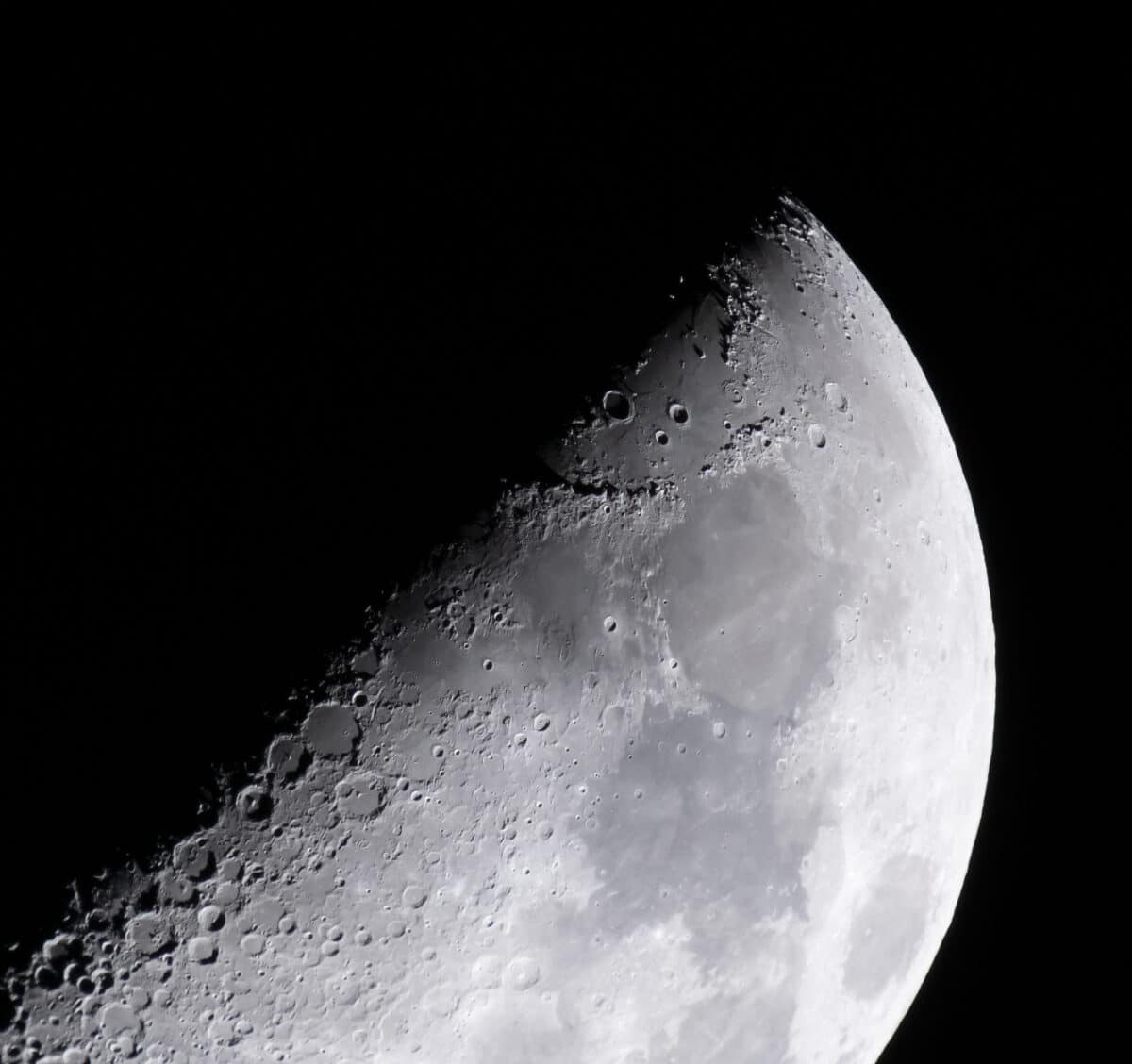
Rights for Planets, Moons, and Space Microbes?
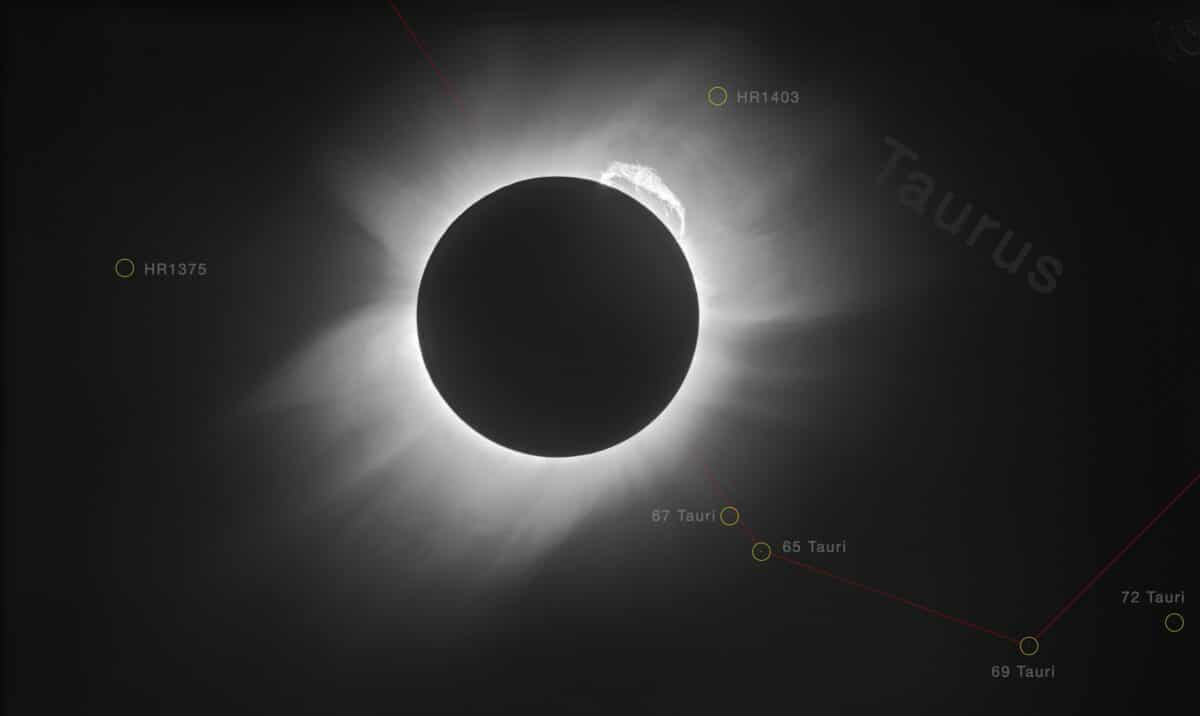
An Icon of Intelligent Design
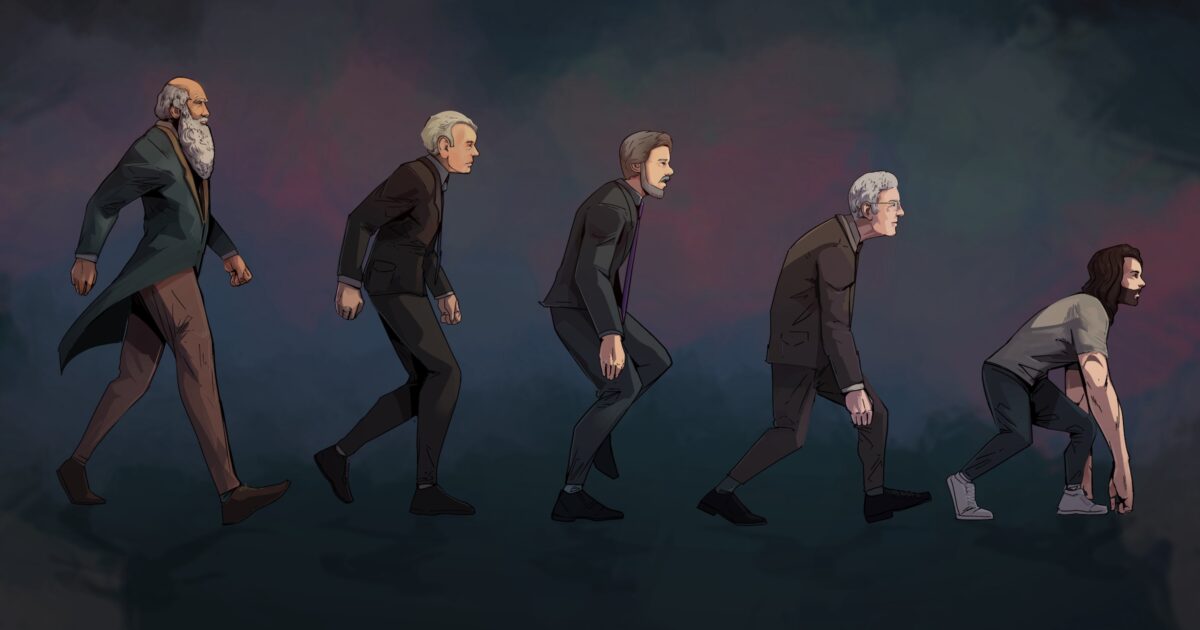
Dave Farina Gives Avi Loeb the Hamas Treatment
Fine-Tuning

Geometric Design in the Solar System

We Are Children of Light and Water
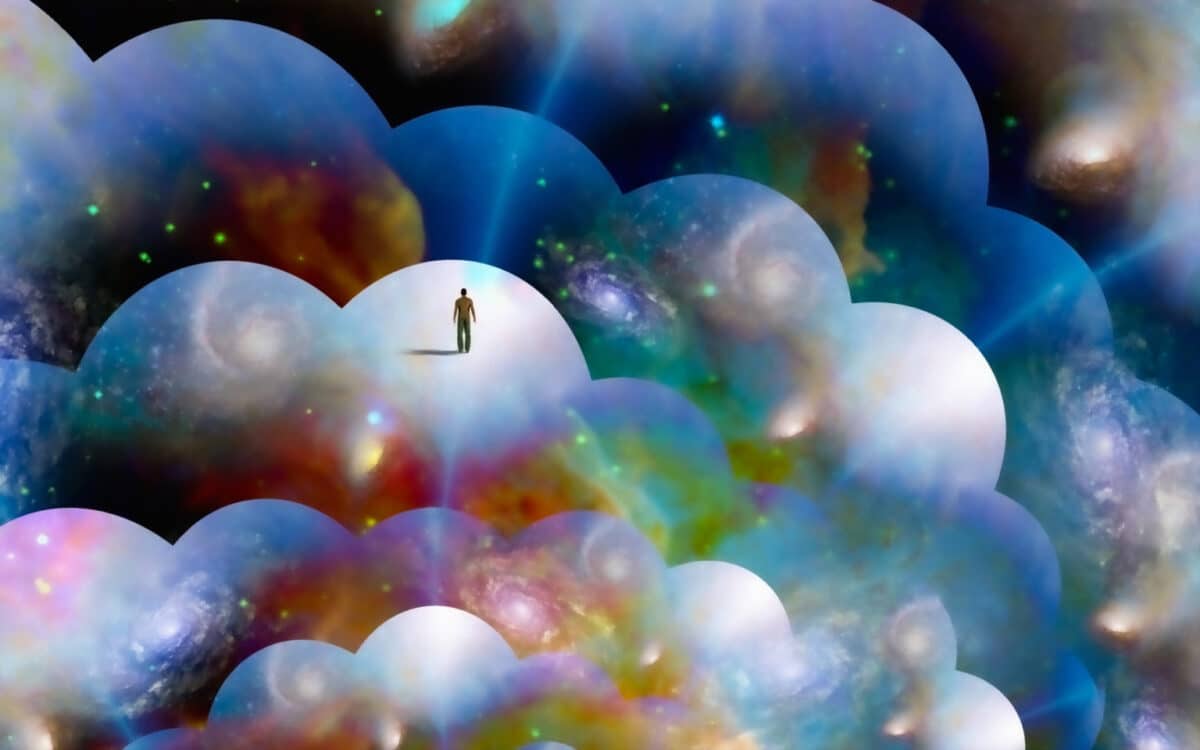
The "Nature of the Universe" Puzzles Physicists
Earth Sciences
Geophysics

Aurora Borealis: Scientific and Aesthetic Design

Geoengineering on an Intelligently Designed Planet

No Iron, No Life: Design in Iron Availability
Environment

Great Science Cancellation Continues
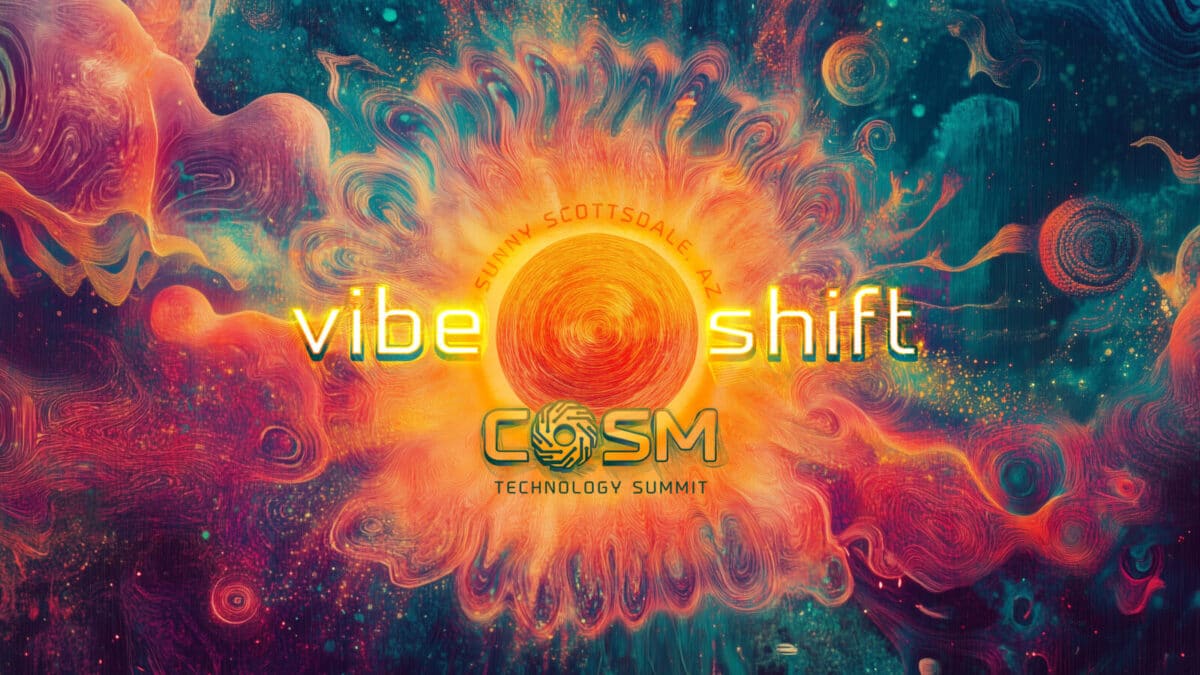
COSM Will Feature Nobel Laureate John F. Clauser

Put Mother Nature on the Board of Directors?
Rare Earth

Study: Geological Habitability Parameters
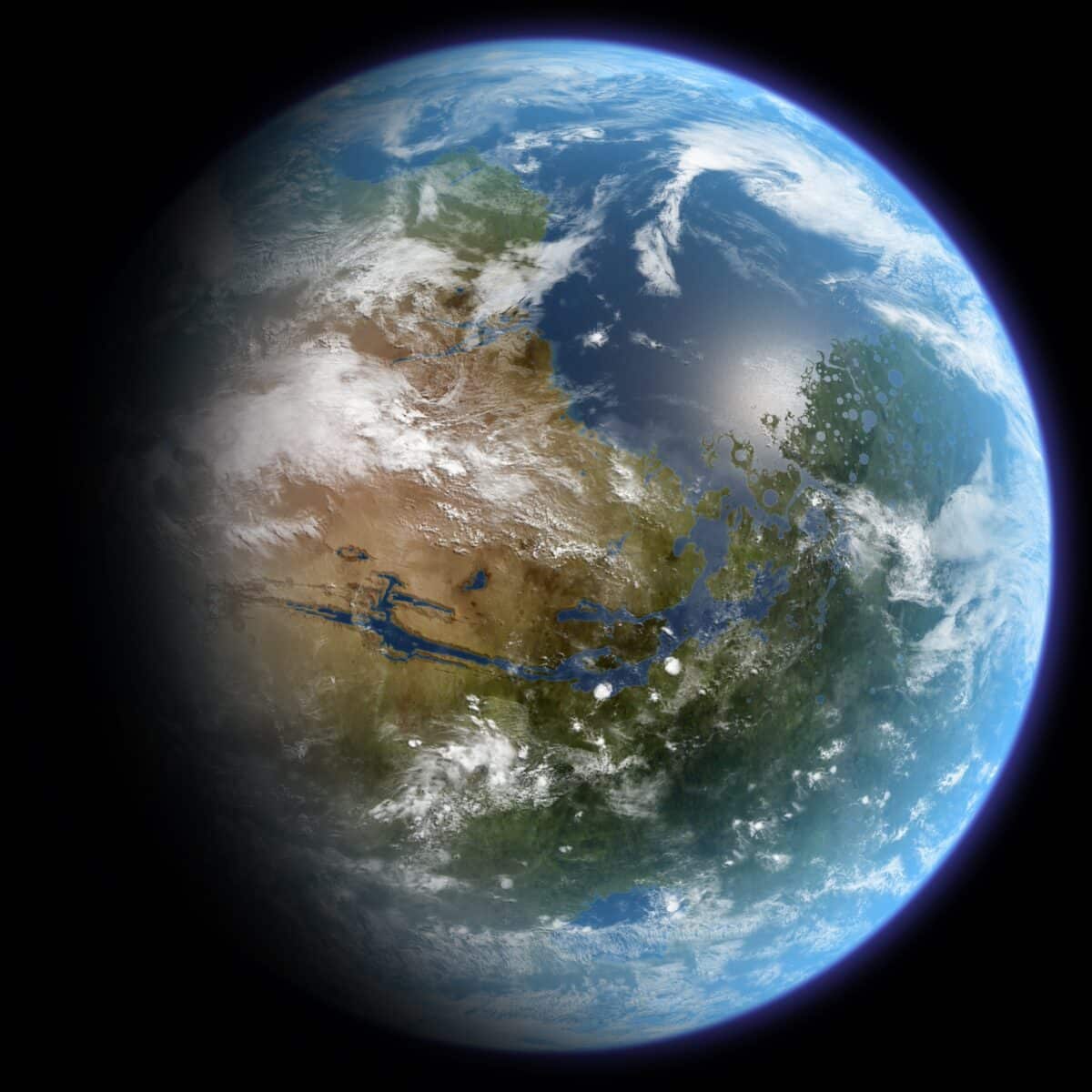
Earth and Mars — A Rare Gem and a Sharp Contrast
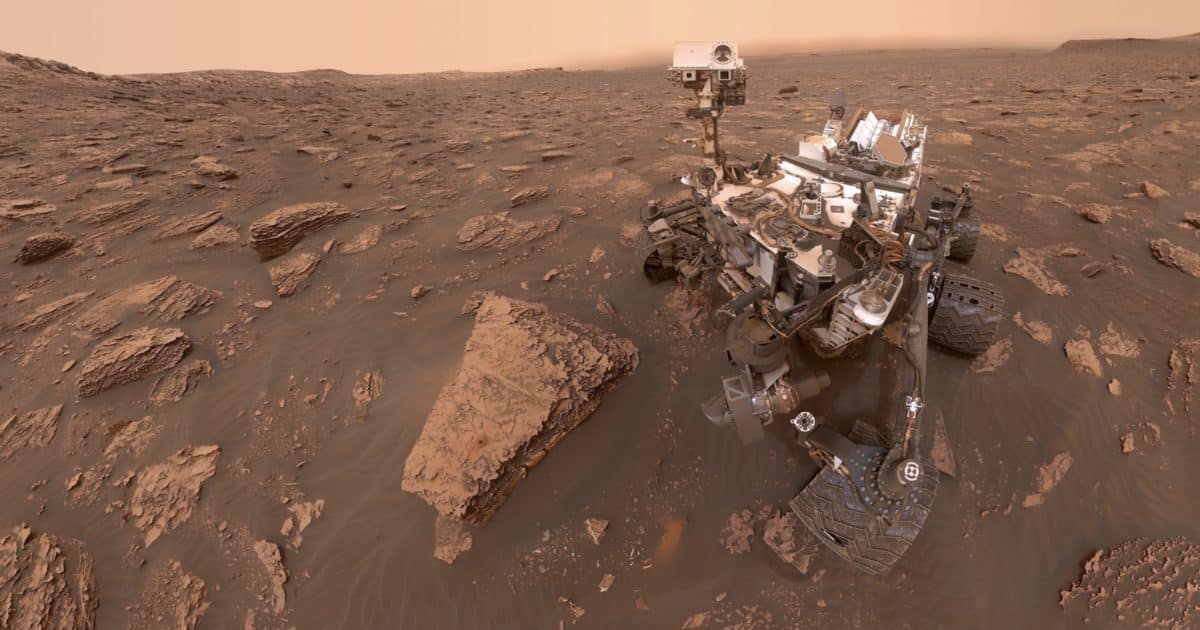
Rare Earth: How Vital Minerals "Evolve"
Planetology
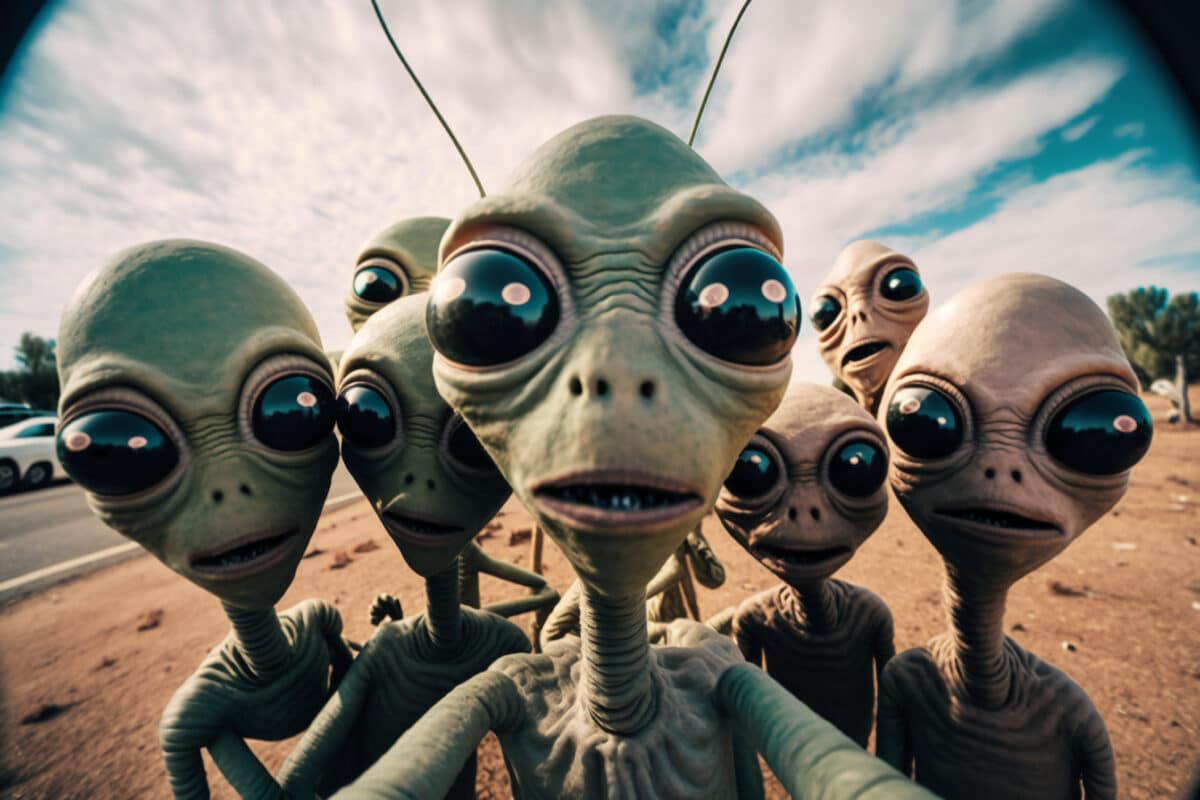
The Search for ETs: Keeping Hope Alive

Rights for Planets, Moons, and Space Microbes?
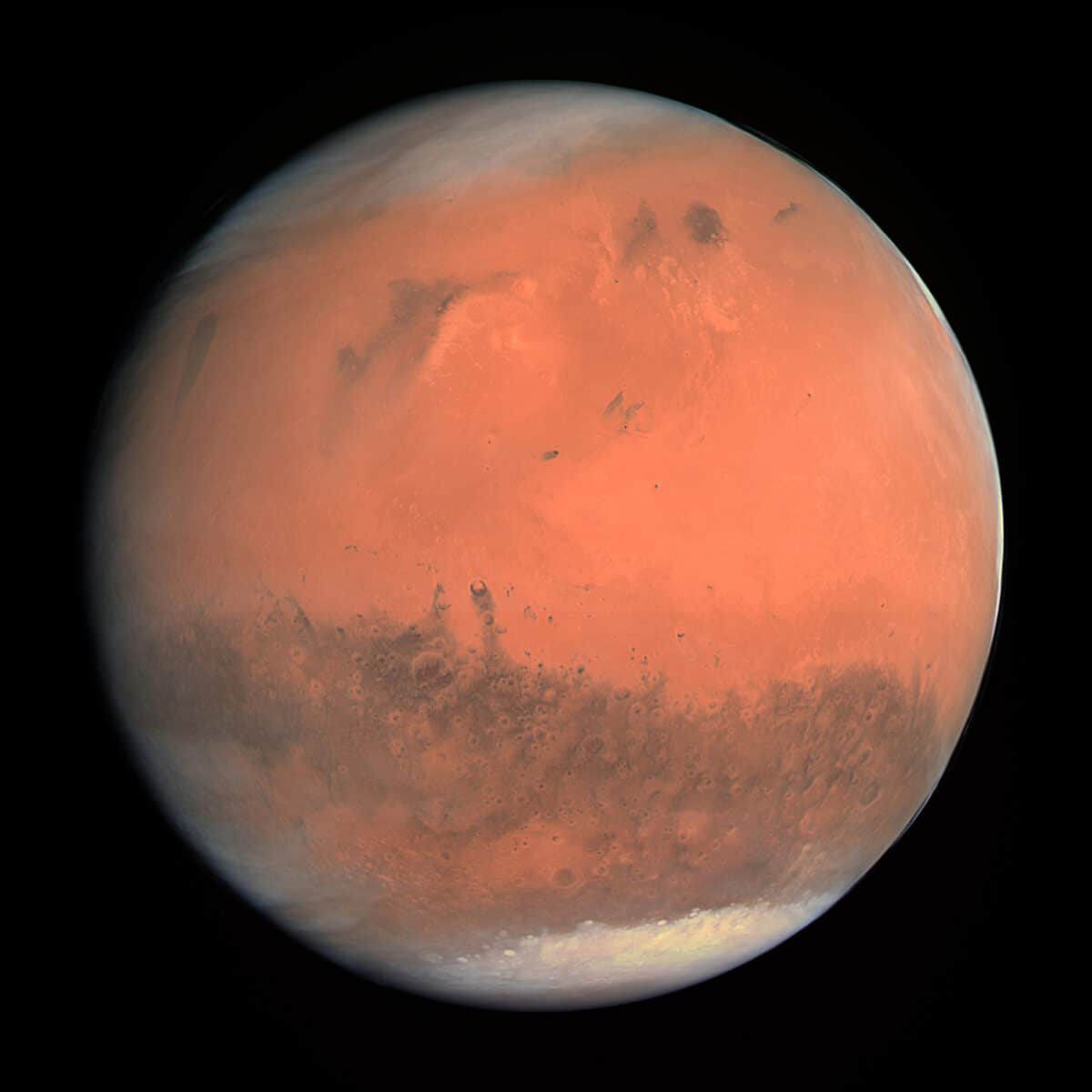
Hope for Mars Life Is Dashed Again
Culture
Human Exceptionalism
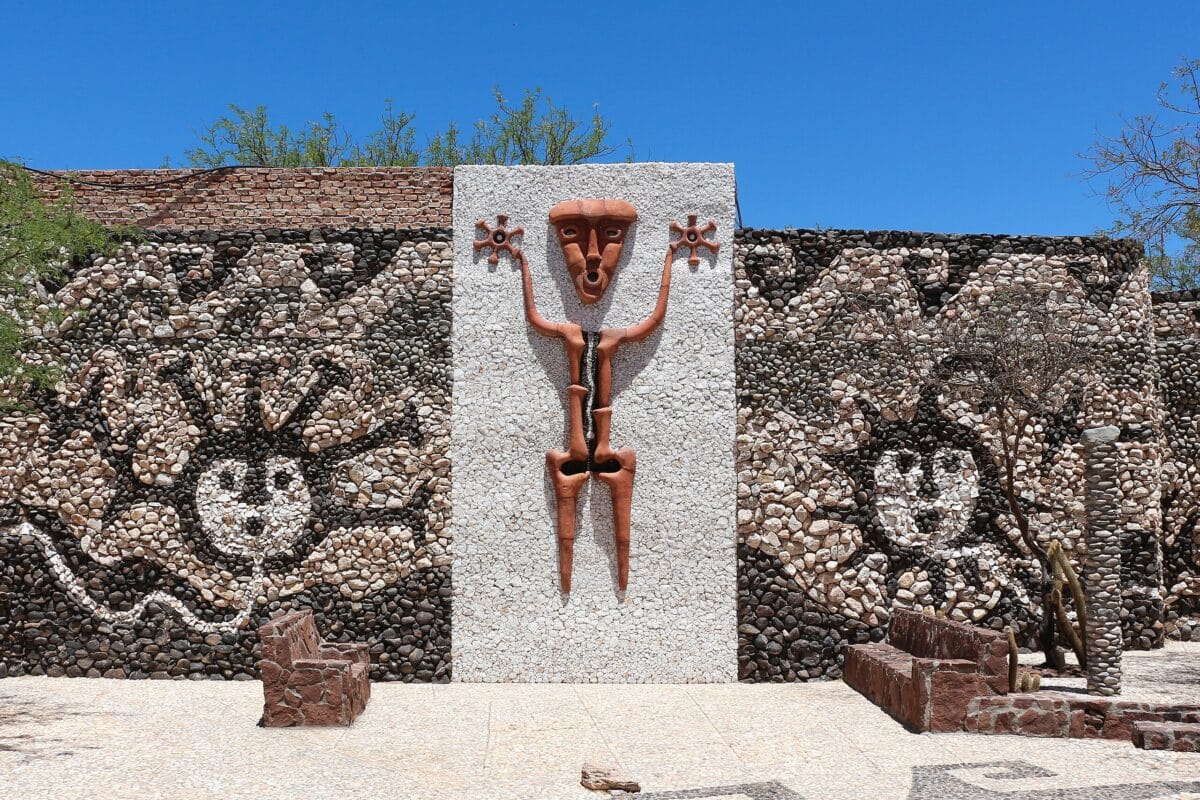
Nature Right Pushes Neo-Pagan Mysticism
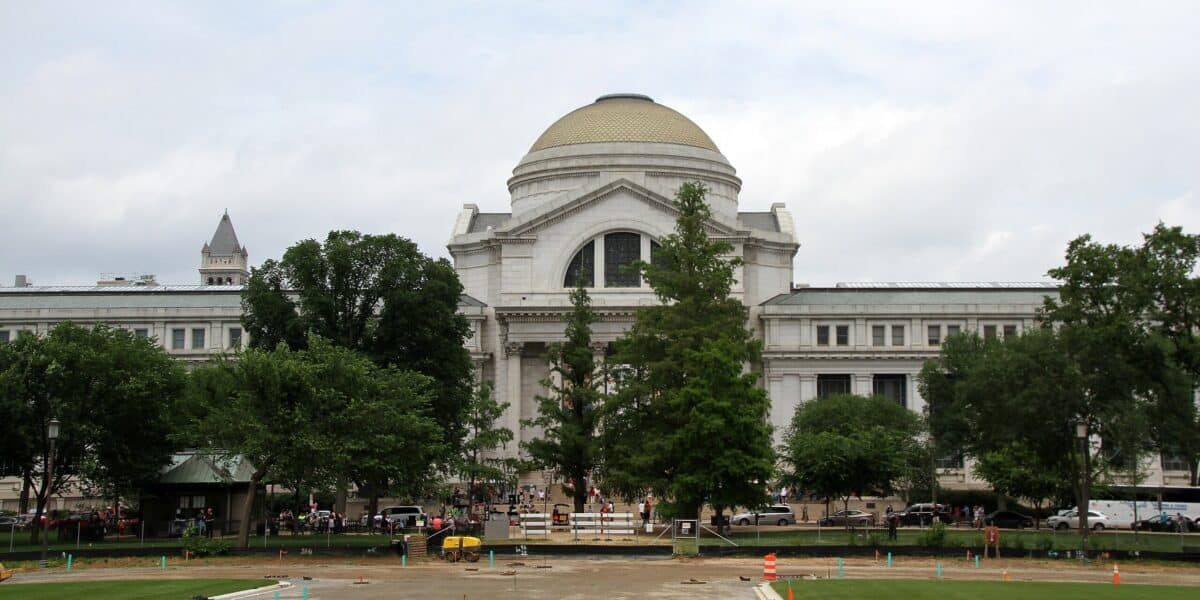
Smithsonian Denigrates the Human Race
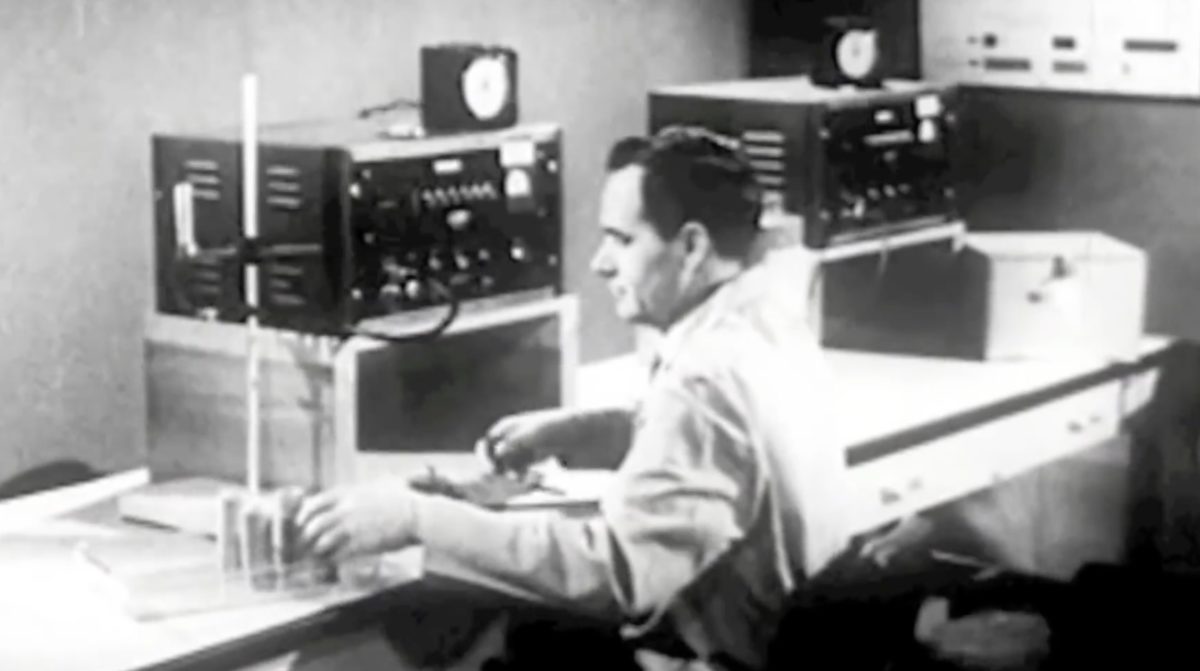
C. S. Lewis and the Advent of the Posthuman
Arts

J. K. Rowling Comes Out Against Assisted Suicide
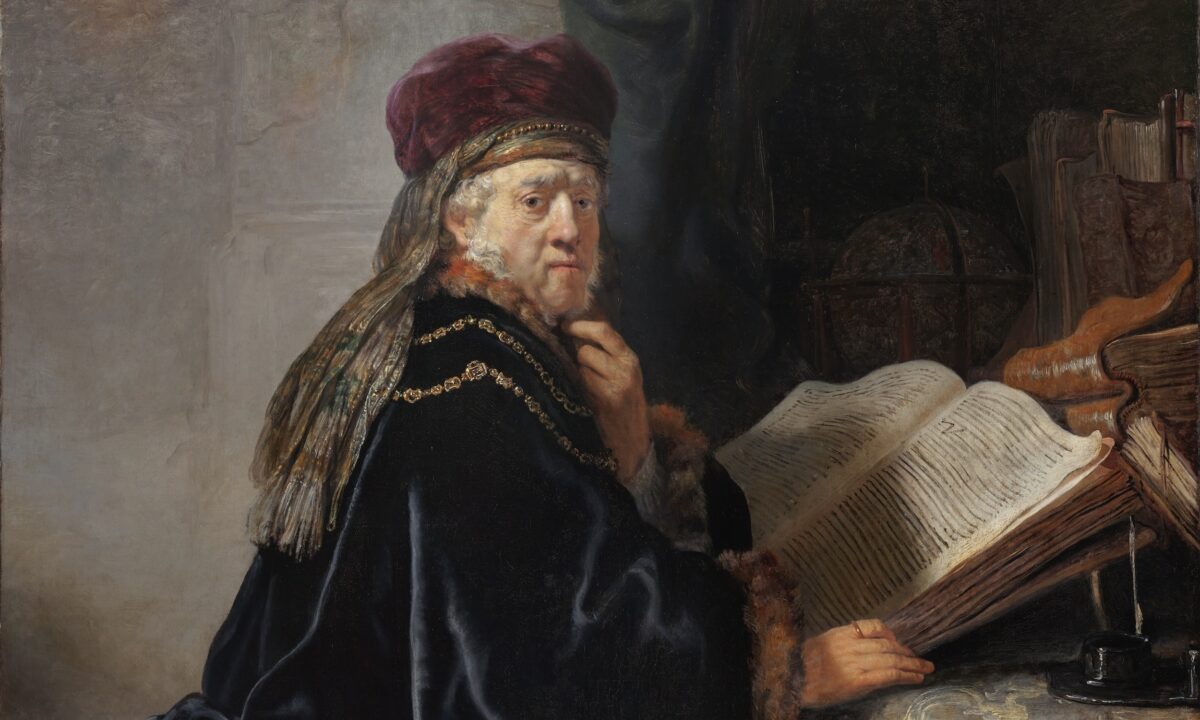
Darwin, Faust, and the Alchemist: Unexpected Roots

Life, Like Technology, Requires “Something More”
Ethics
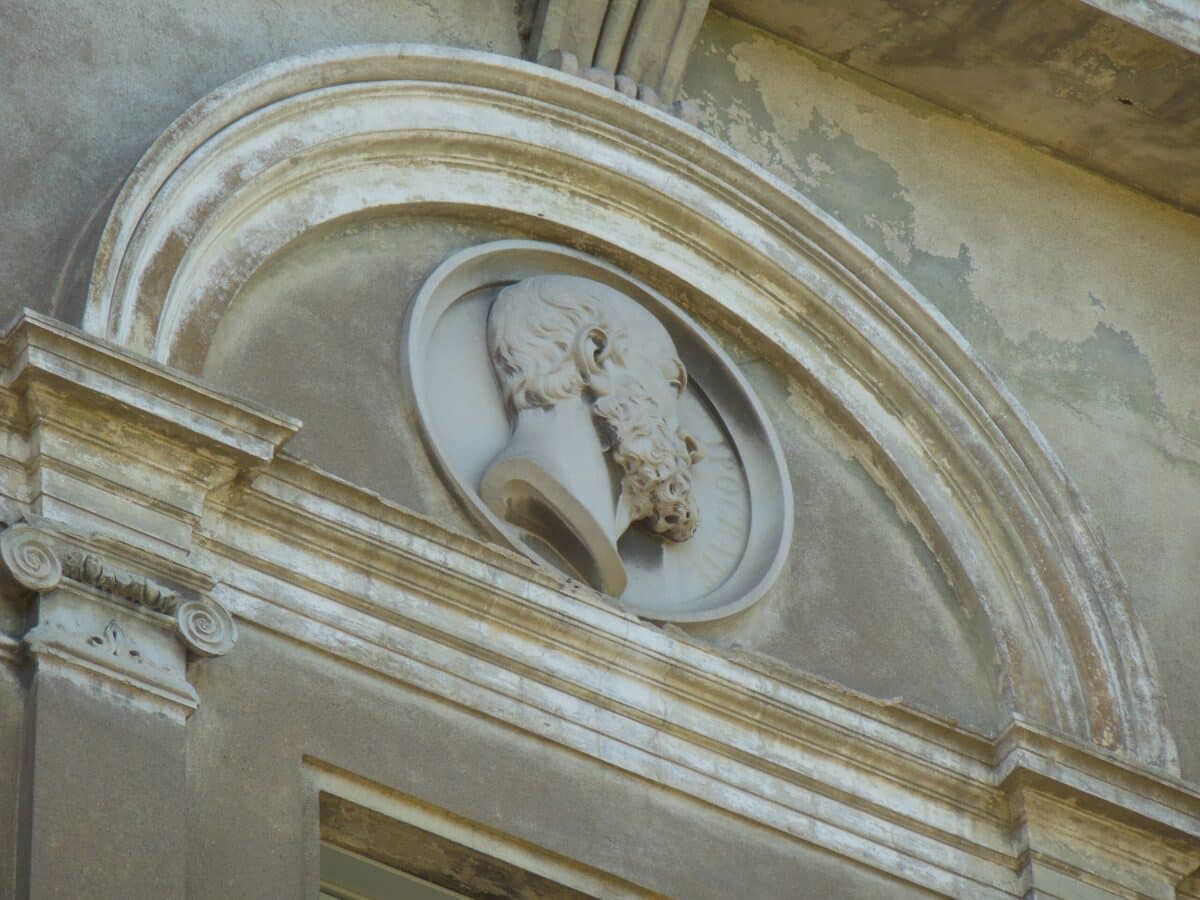
Bioethics Is Not a "Moral Tradition"

Materialism, Morality, and the Erosion of Rights

Rights for Planets, Moons, and Space Microbes?
Social Sciences

Can Evolution Explain Altruism or Heroism?
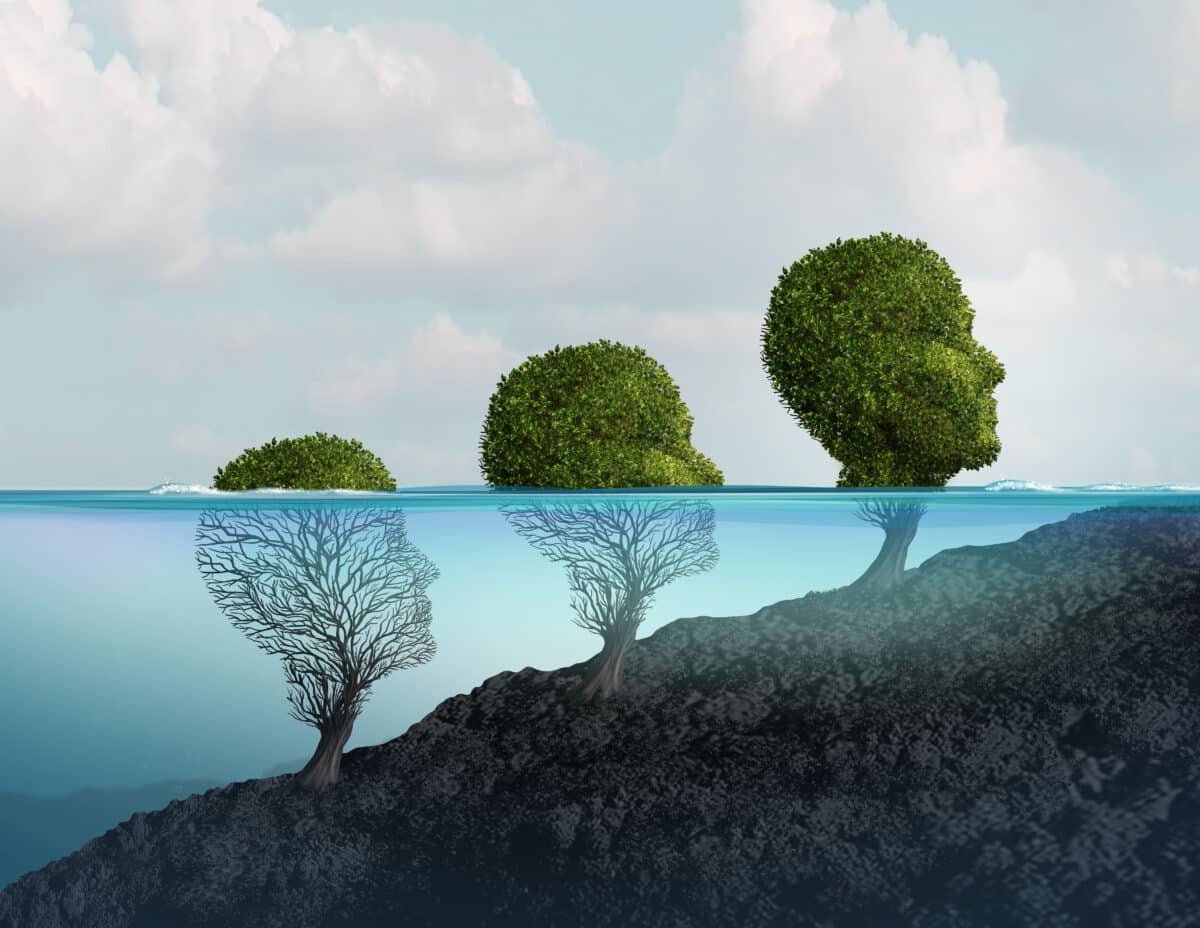
If You Want Creative Storytelling, Look No Further
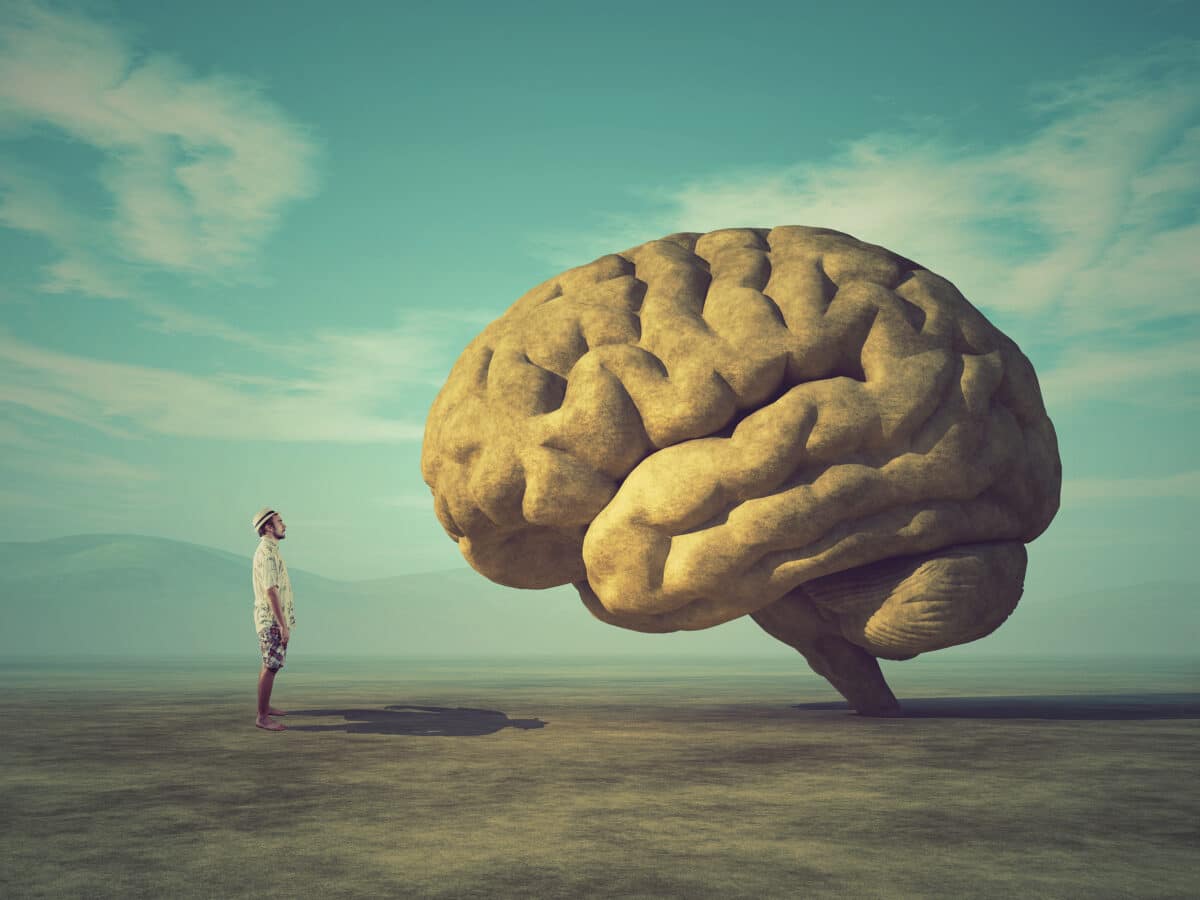
Who Are You Talking to When You Talk to Yourself?
Faith and Science

How Rationality in Science Went Out the Window

In Science, Faith Can Improve Rigor and Creativity

Why Can't We Just Go Back to Unprovable Faith?
Science Education
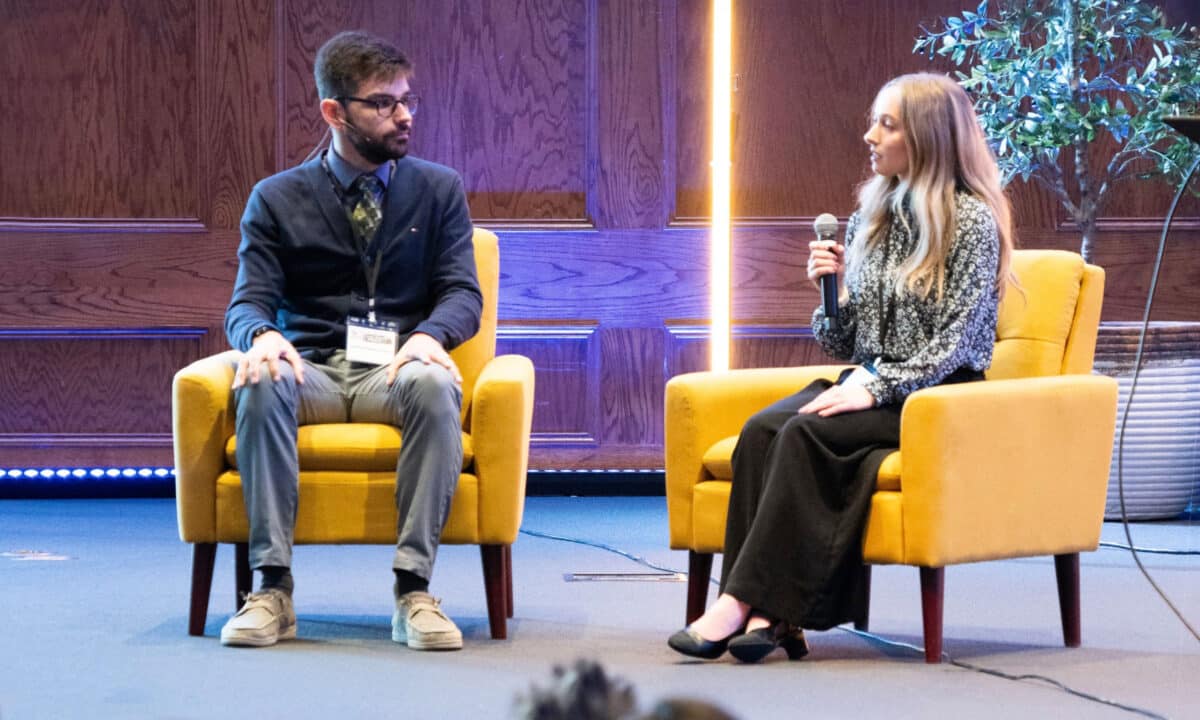
ID Education Day Is Coming to Tacoma, November 6!

Homeschool High‑School Science Courses

DI Academy “Meet the Teachers” Zoom
Scientific Freedom
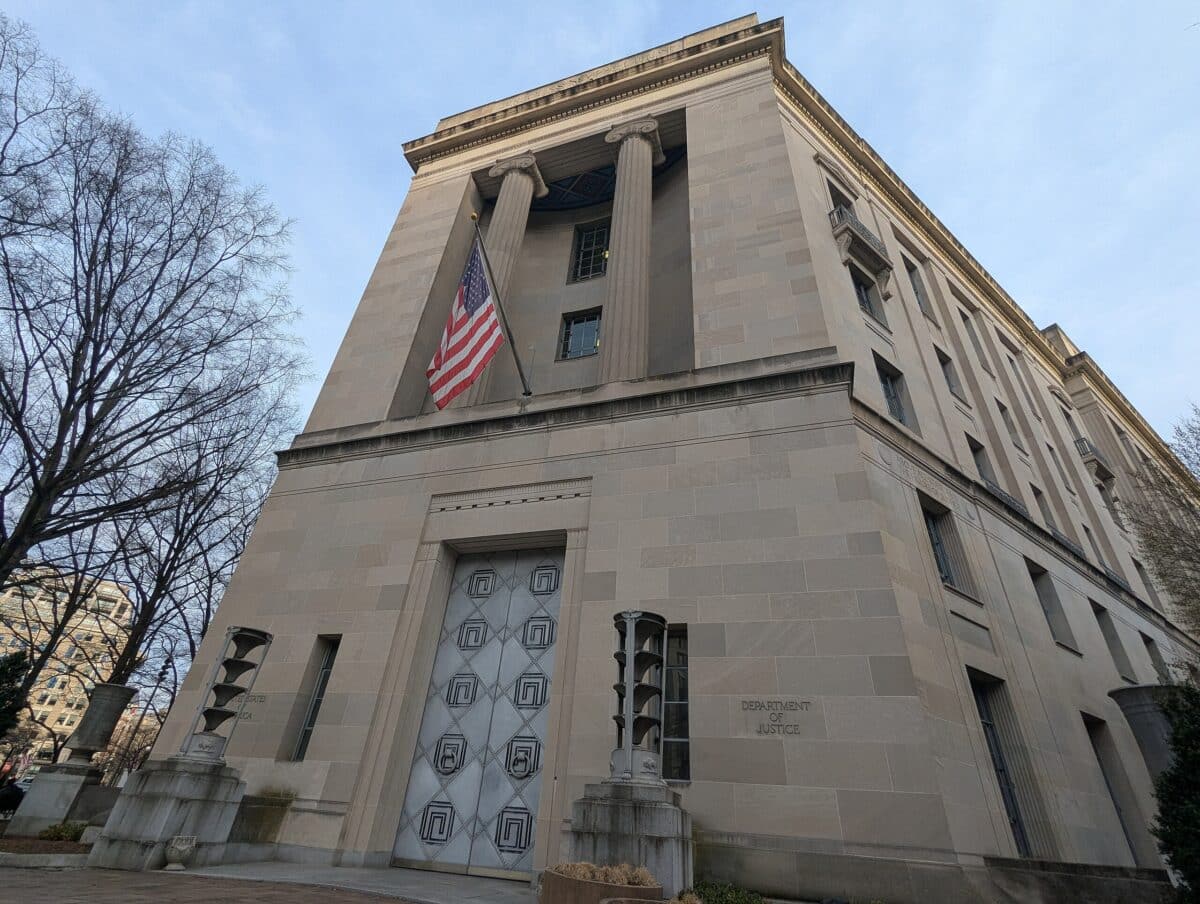
The Wrong Tool to Fix Woke Science Journals
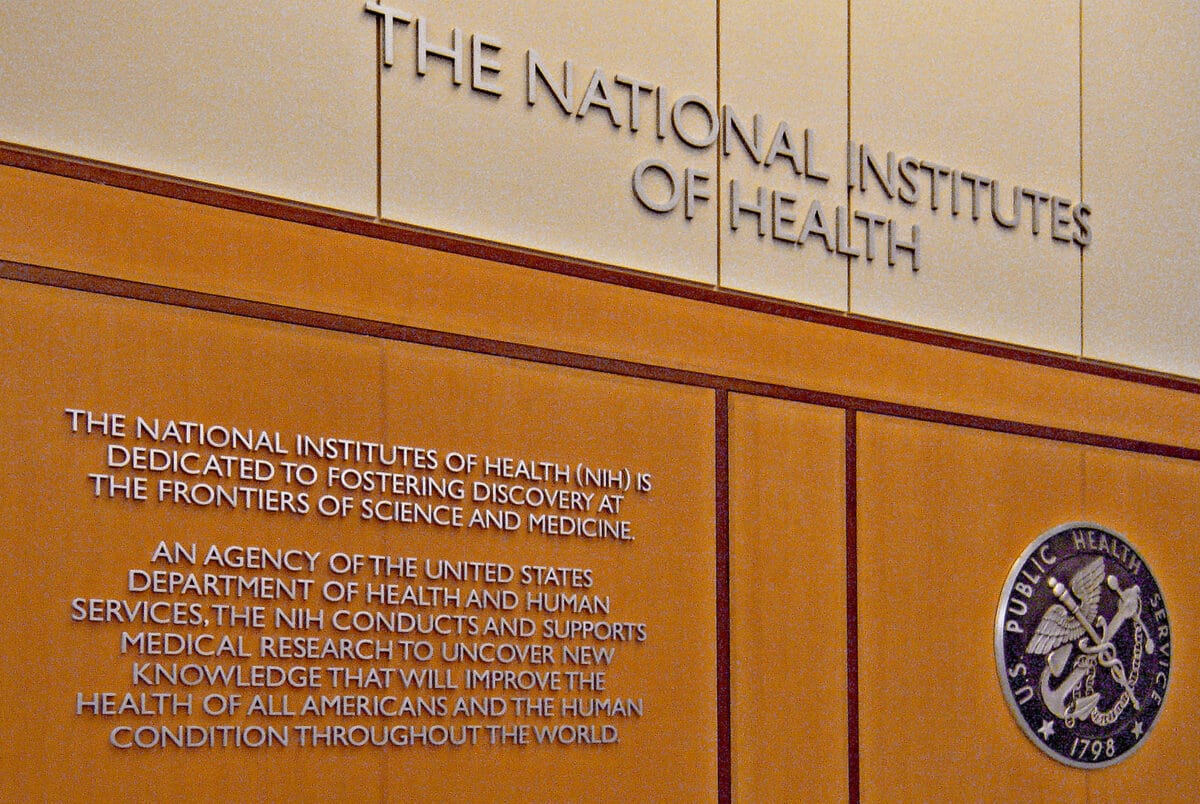
Hysteria in the Science Sector Over DOGE

Stand Up for Science or... for Naked Ideology?
Science Reporting
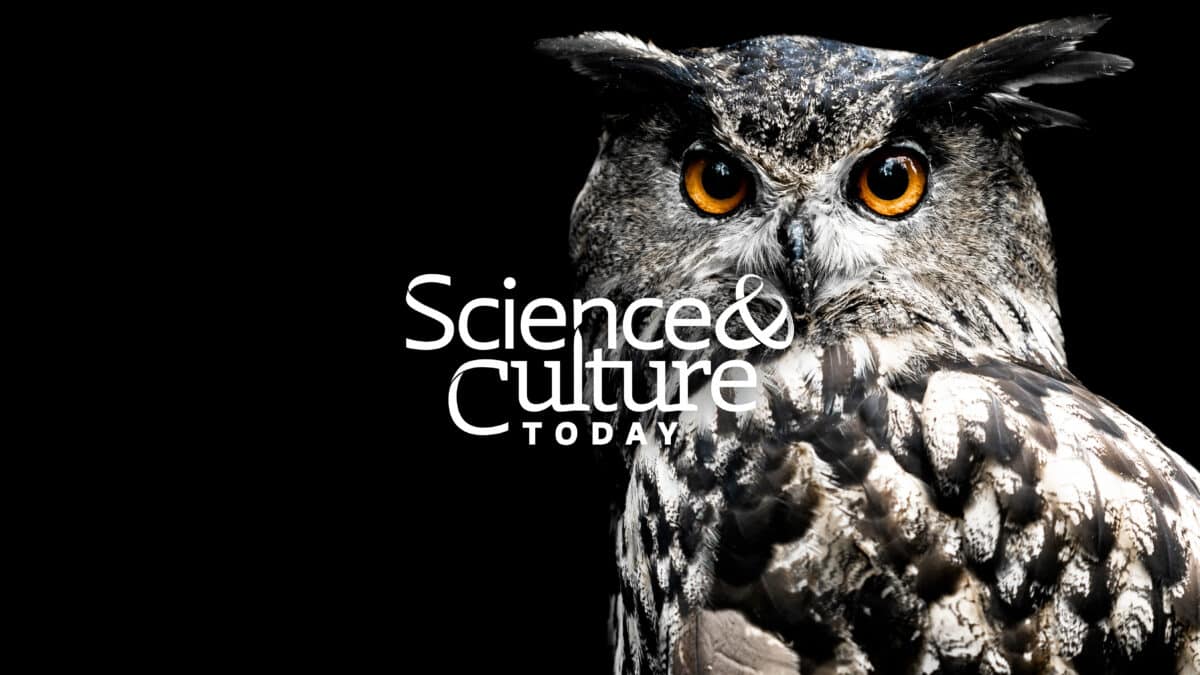
On the Origin of Our New Name
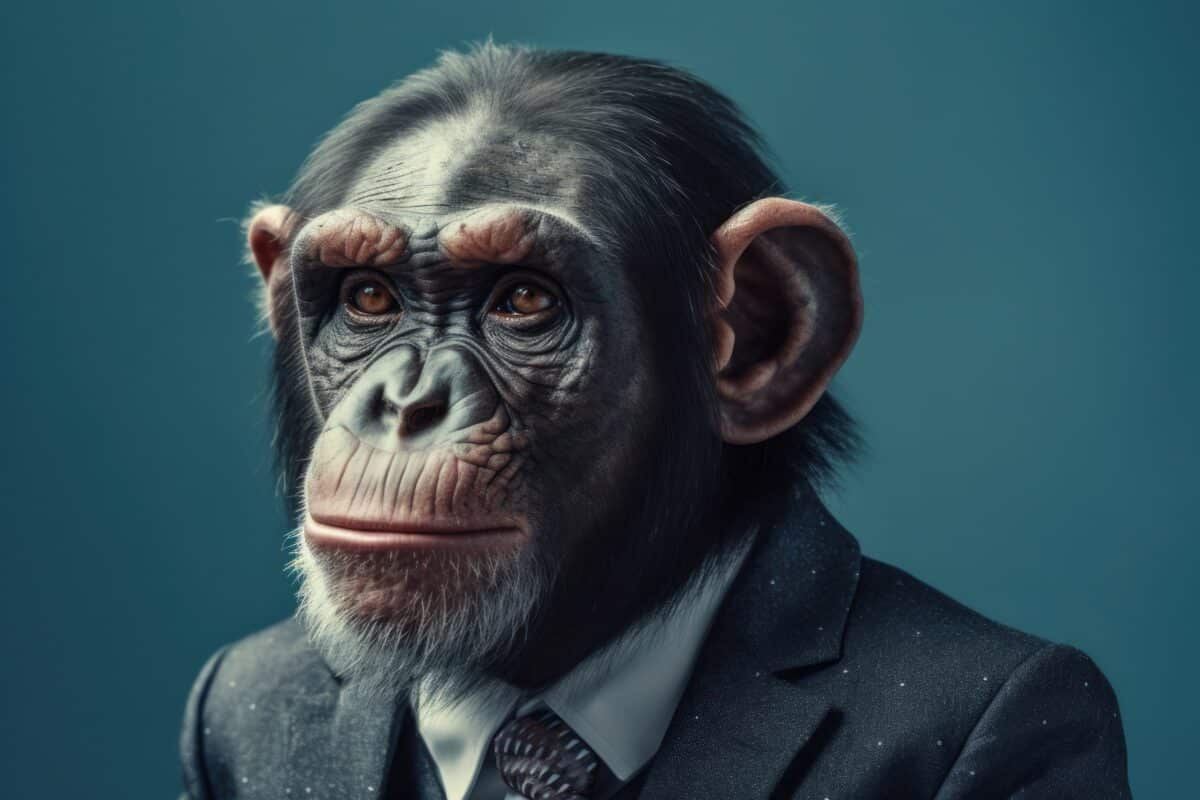
On Genetic (Dis)Similarity, Give Credit Where Due
